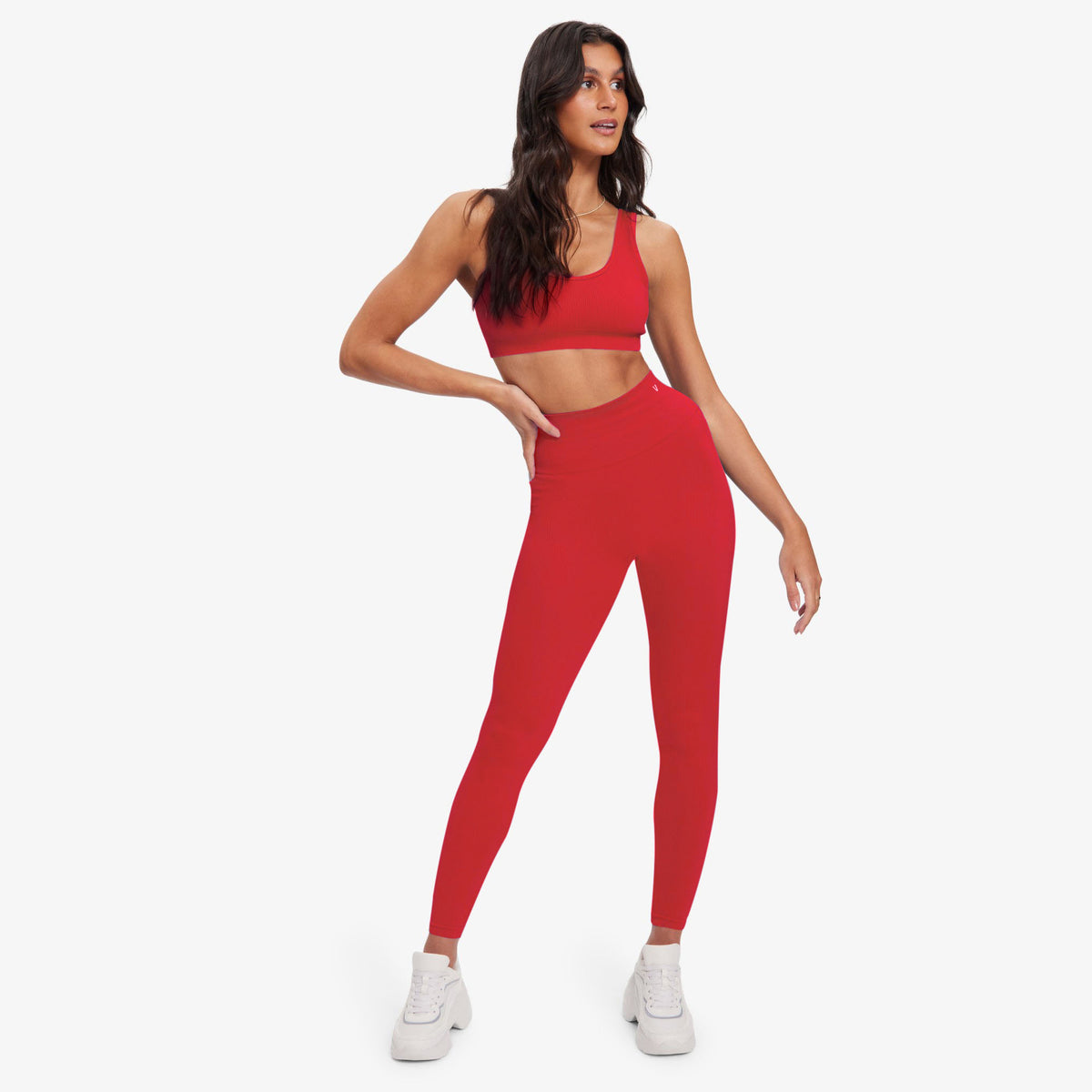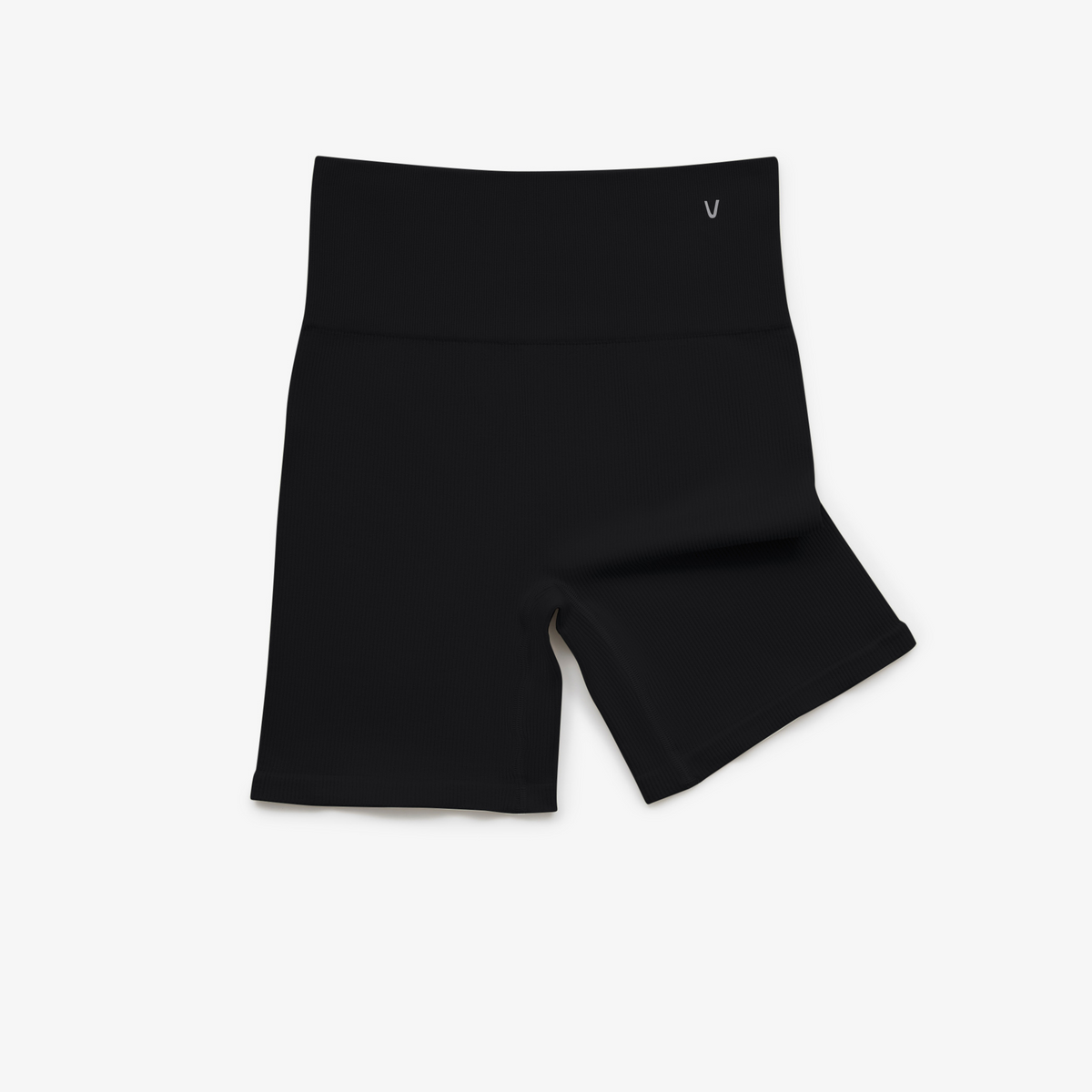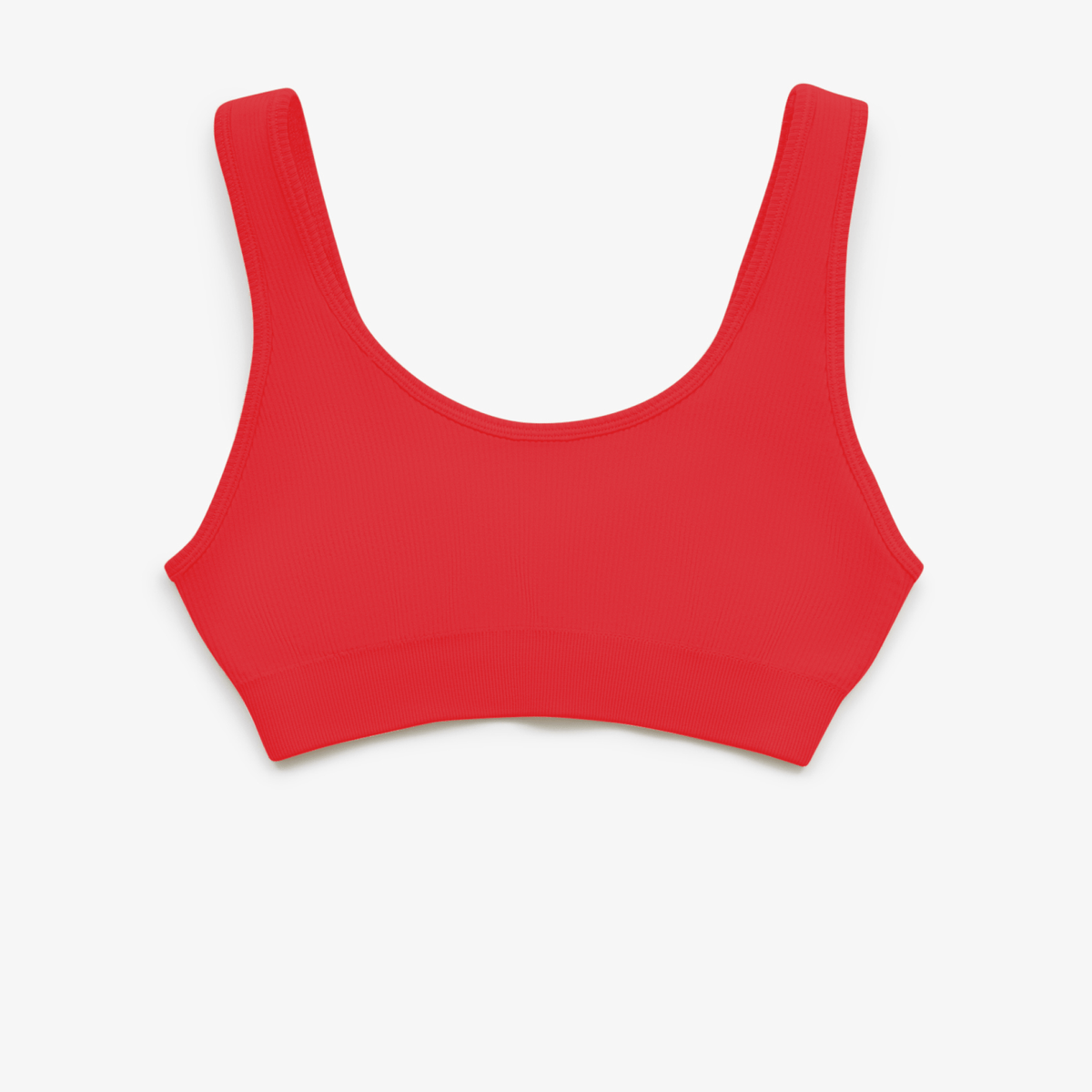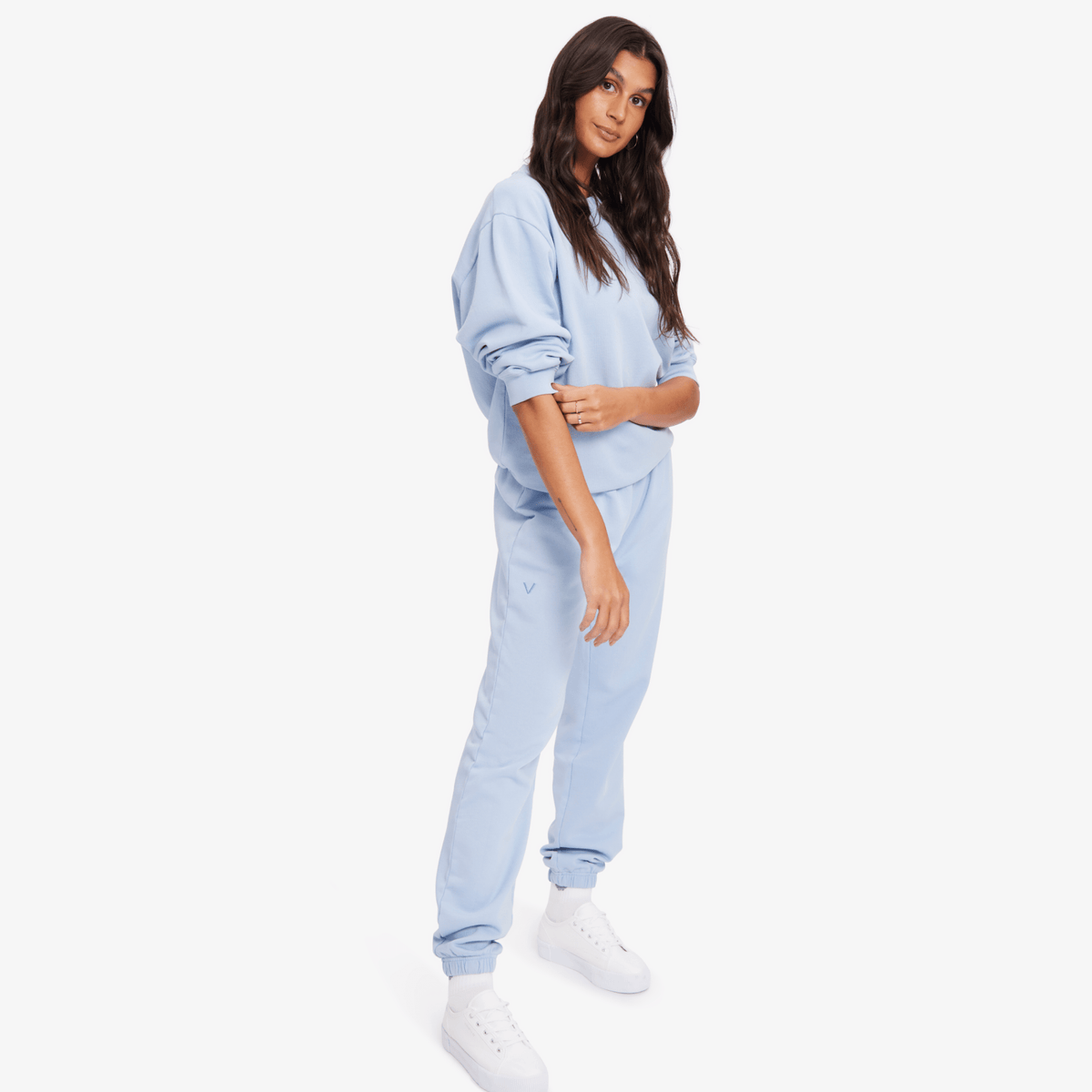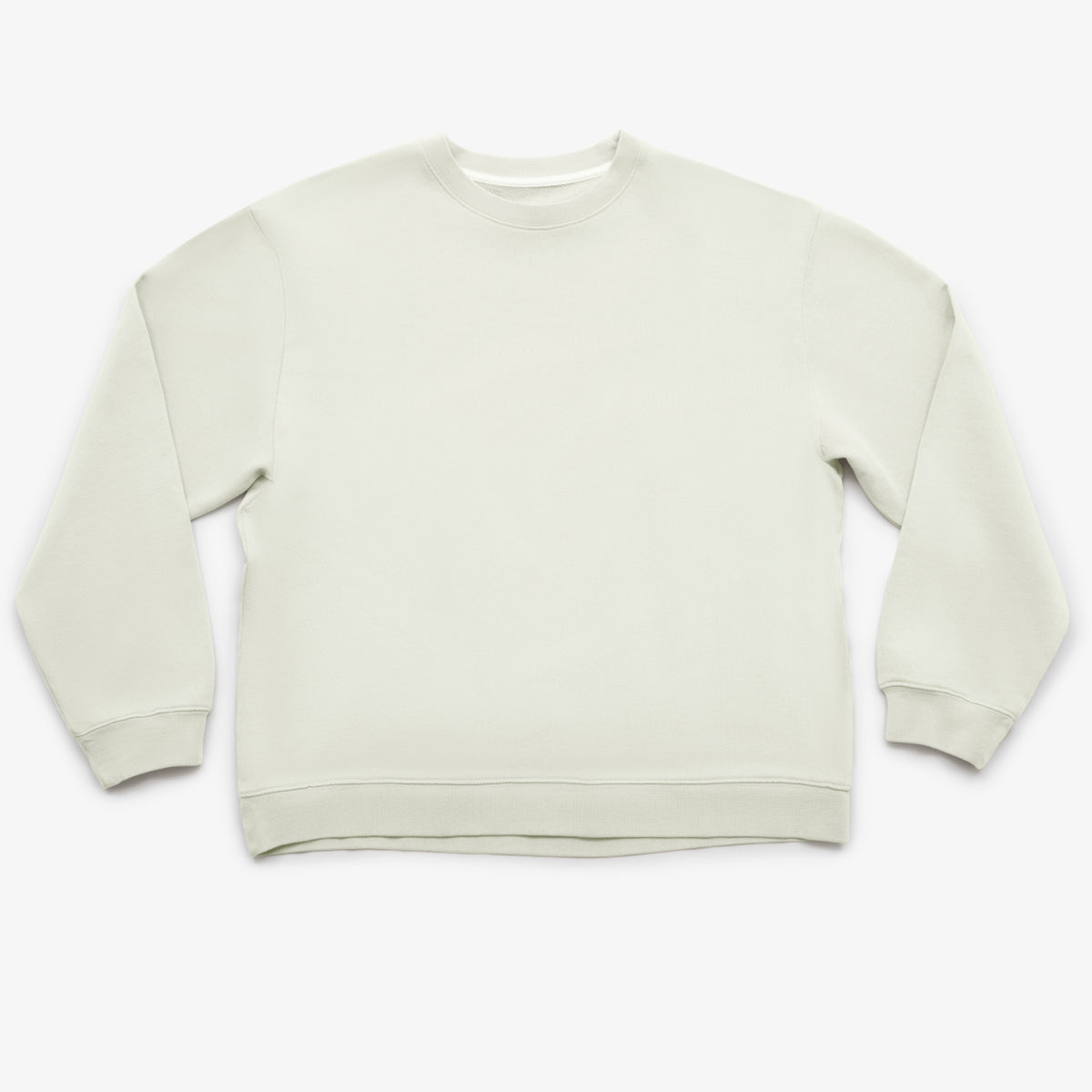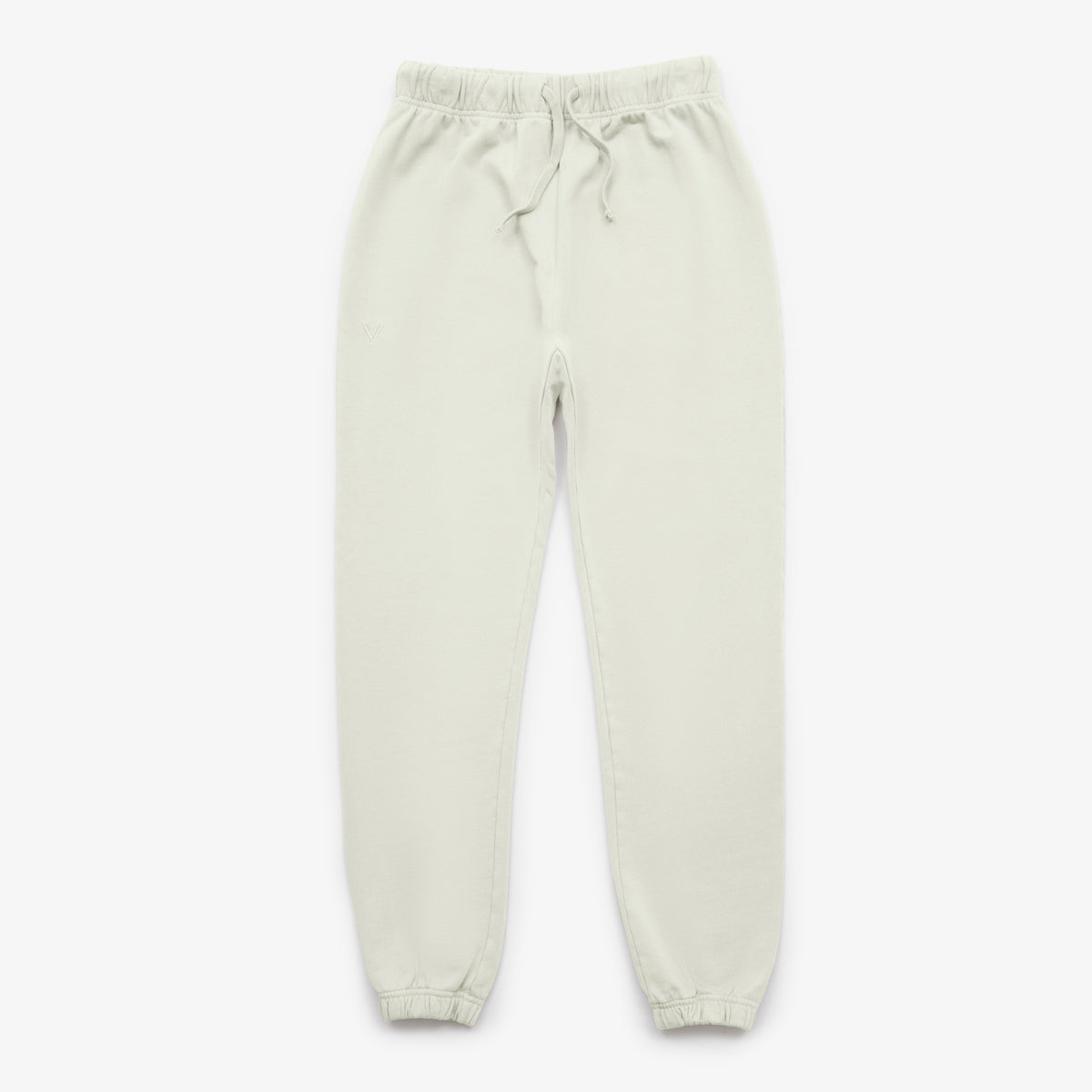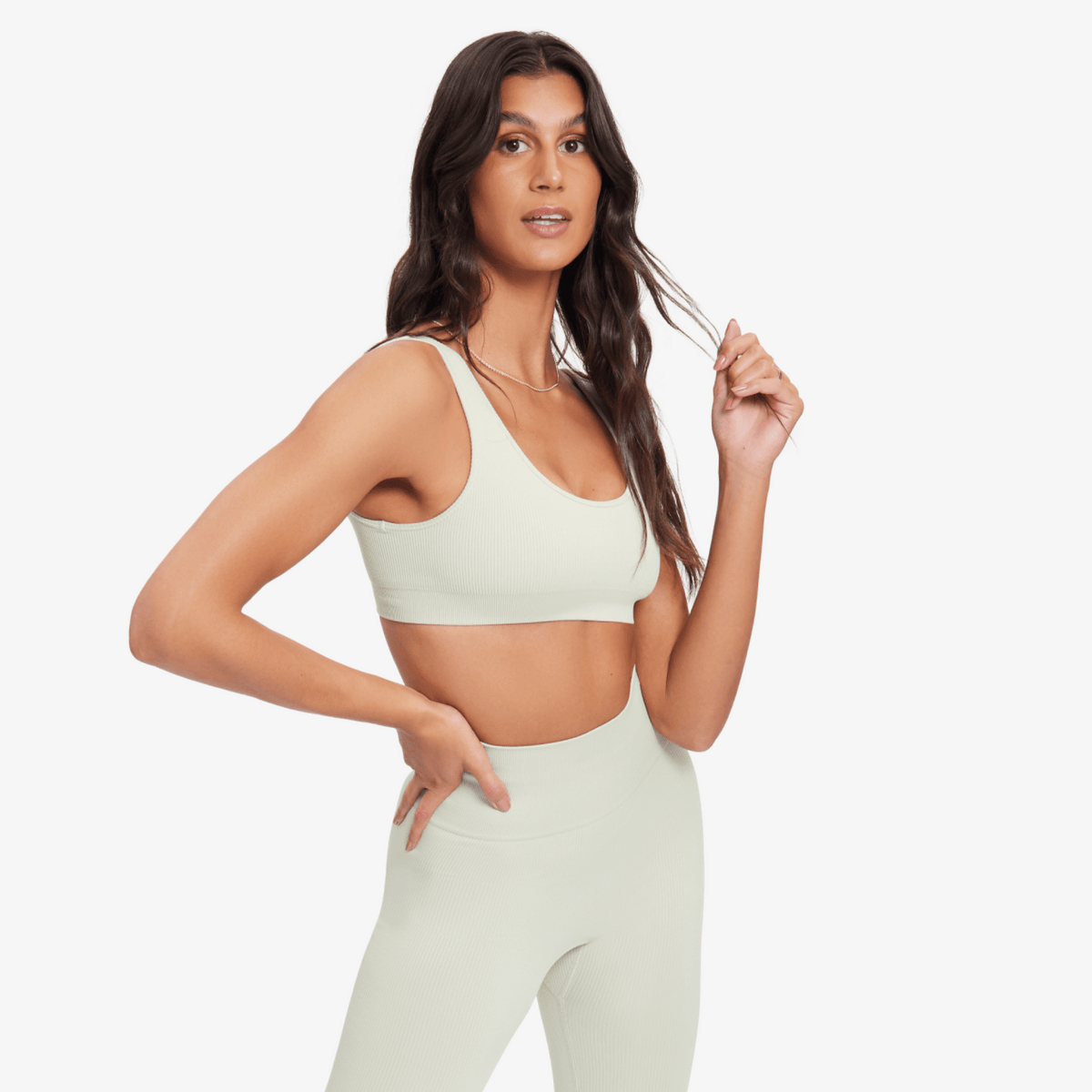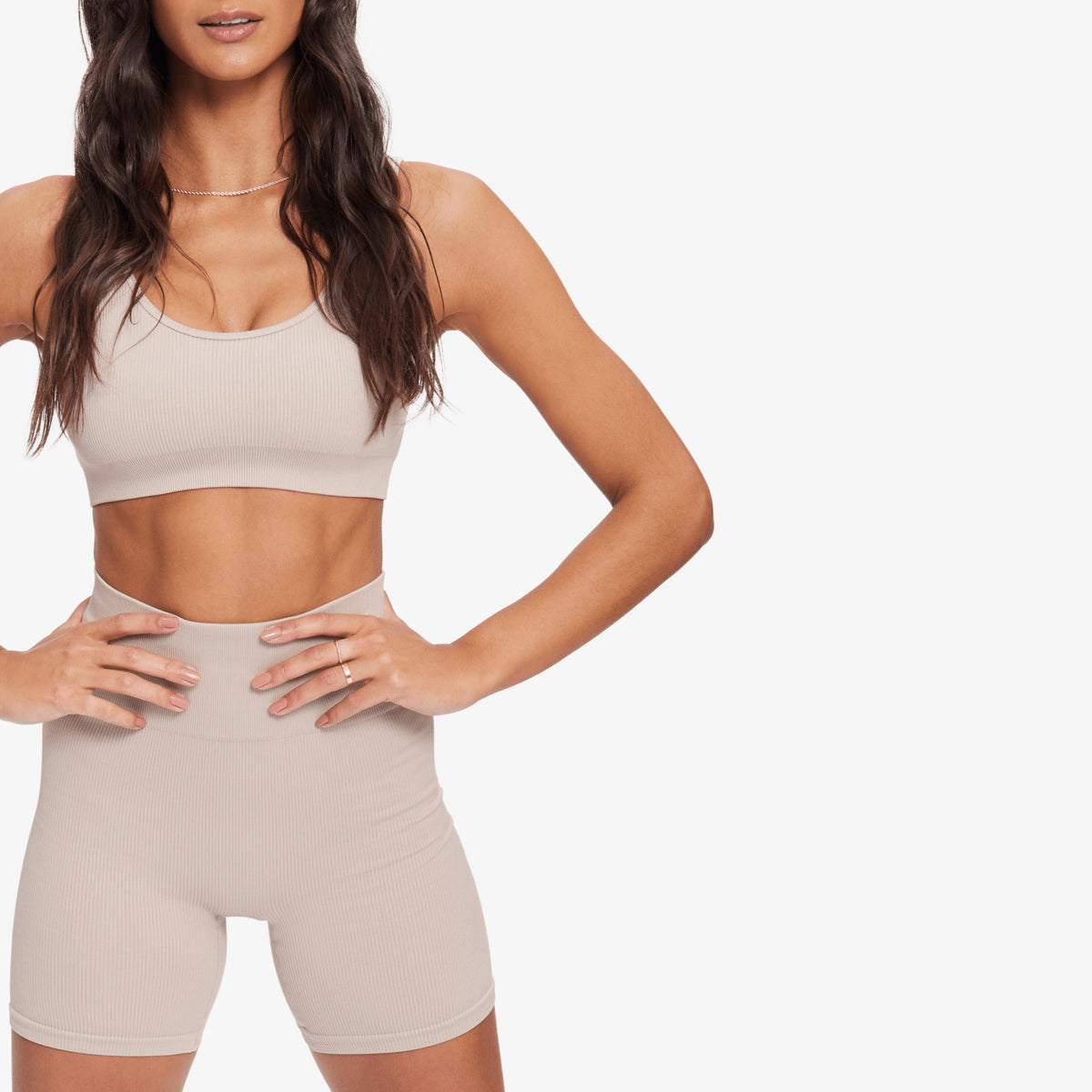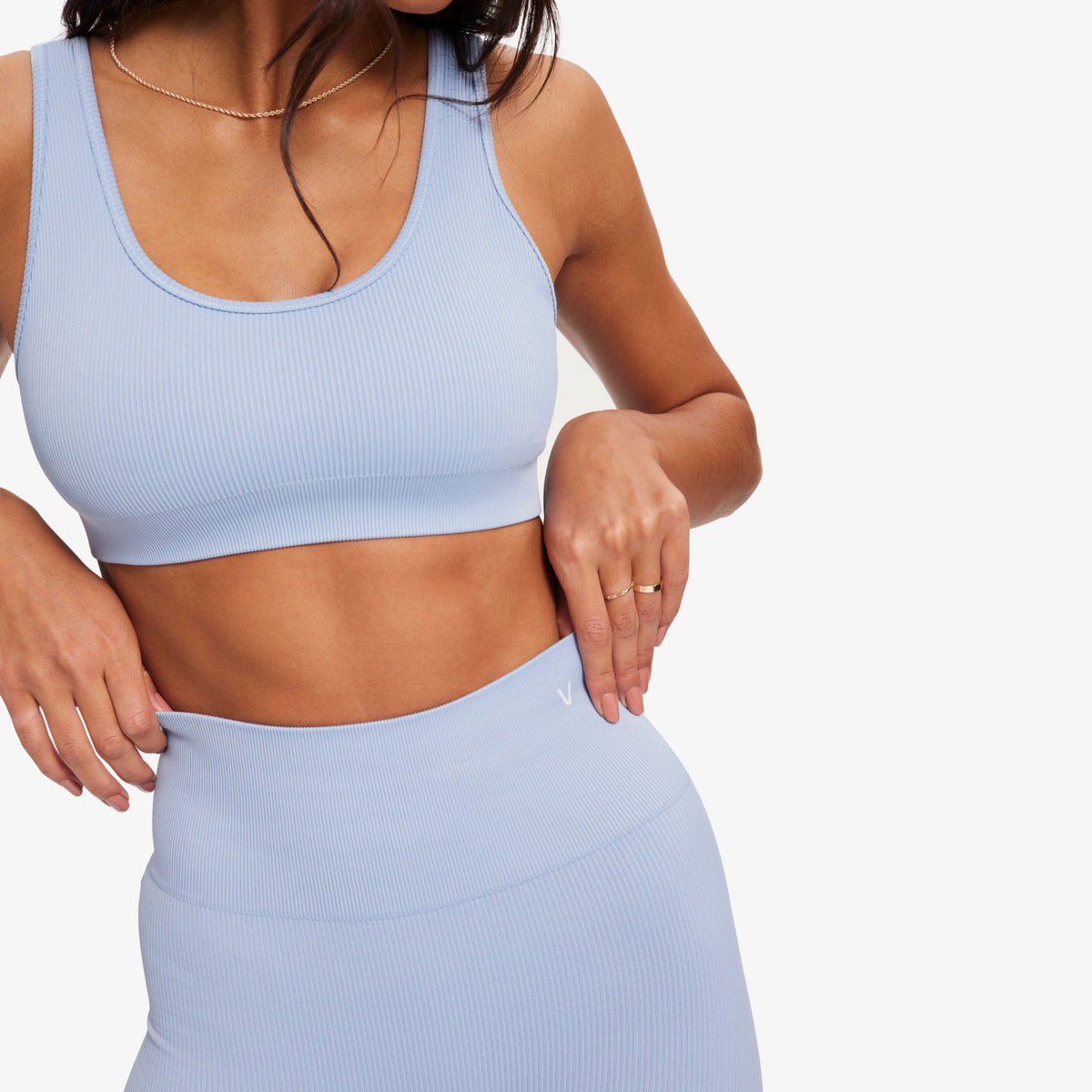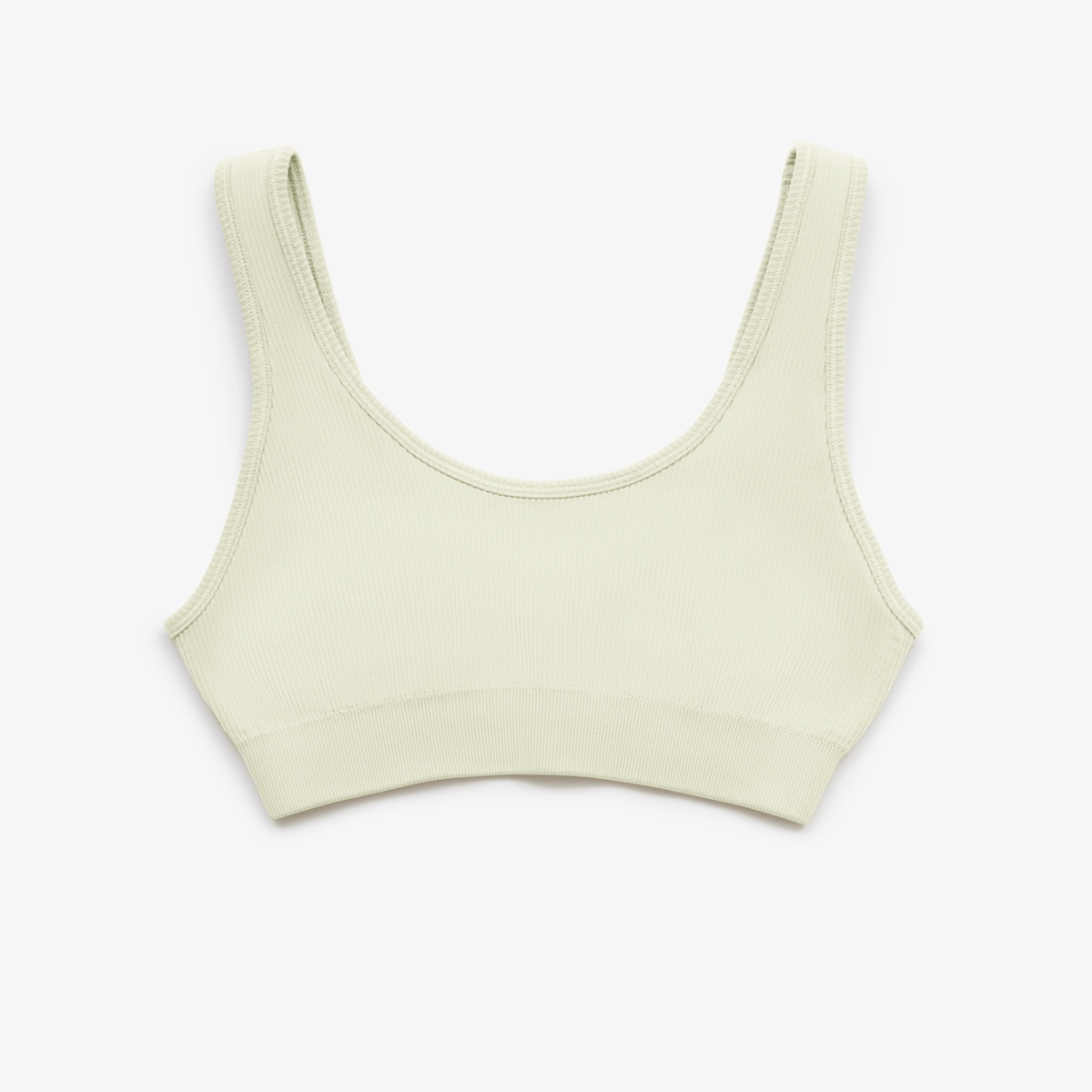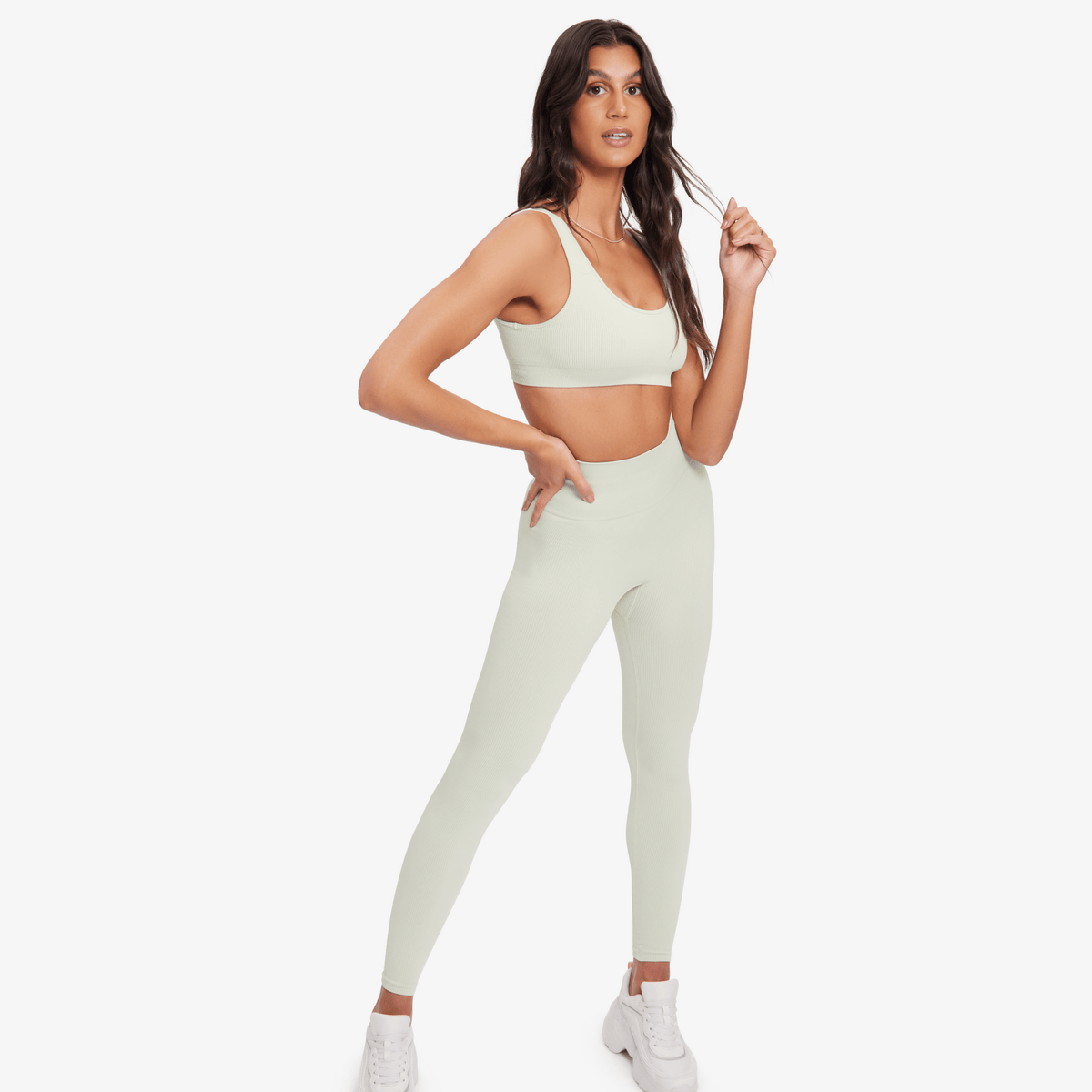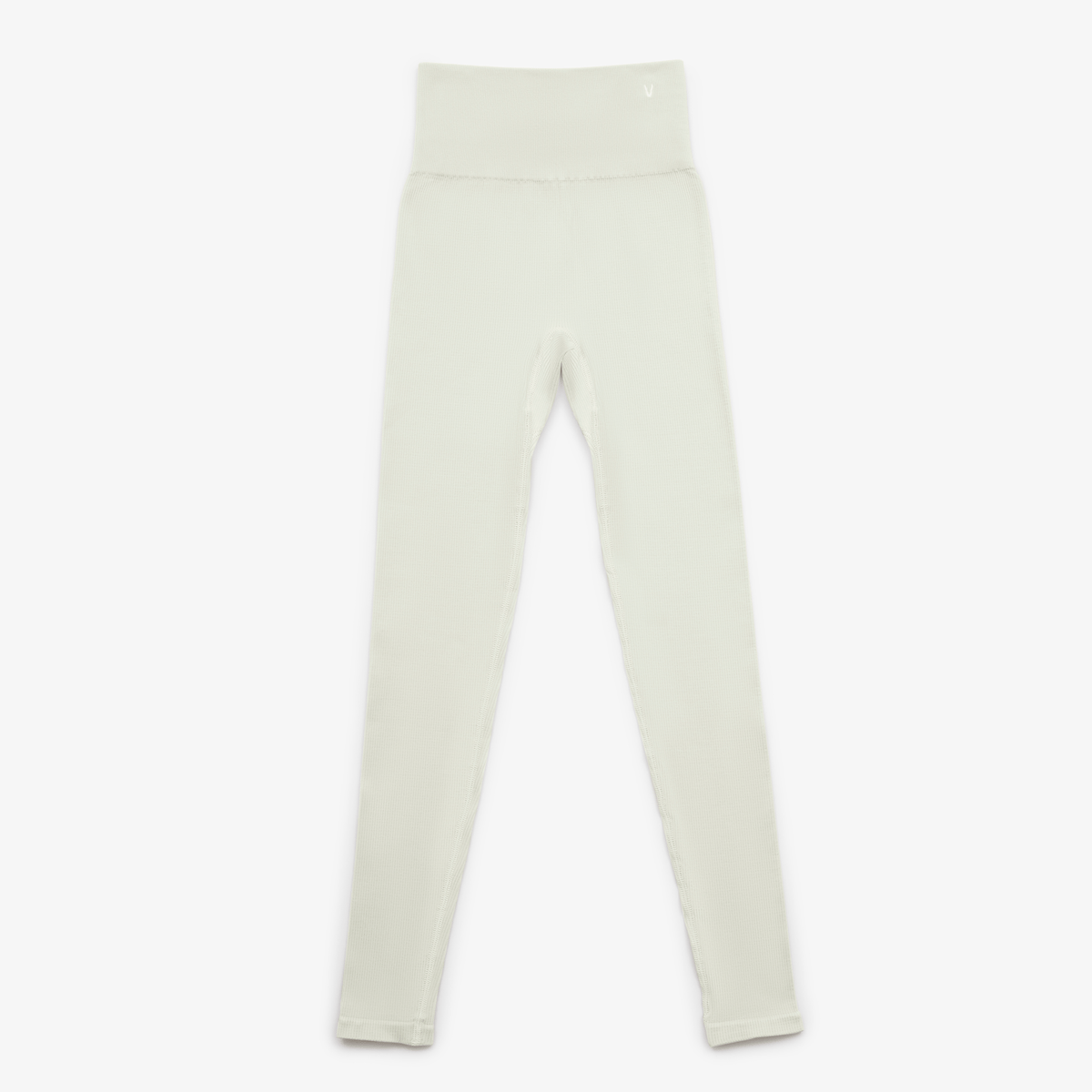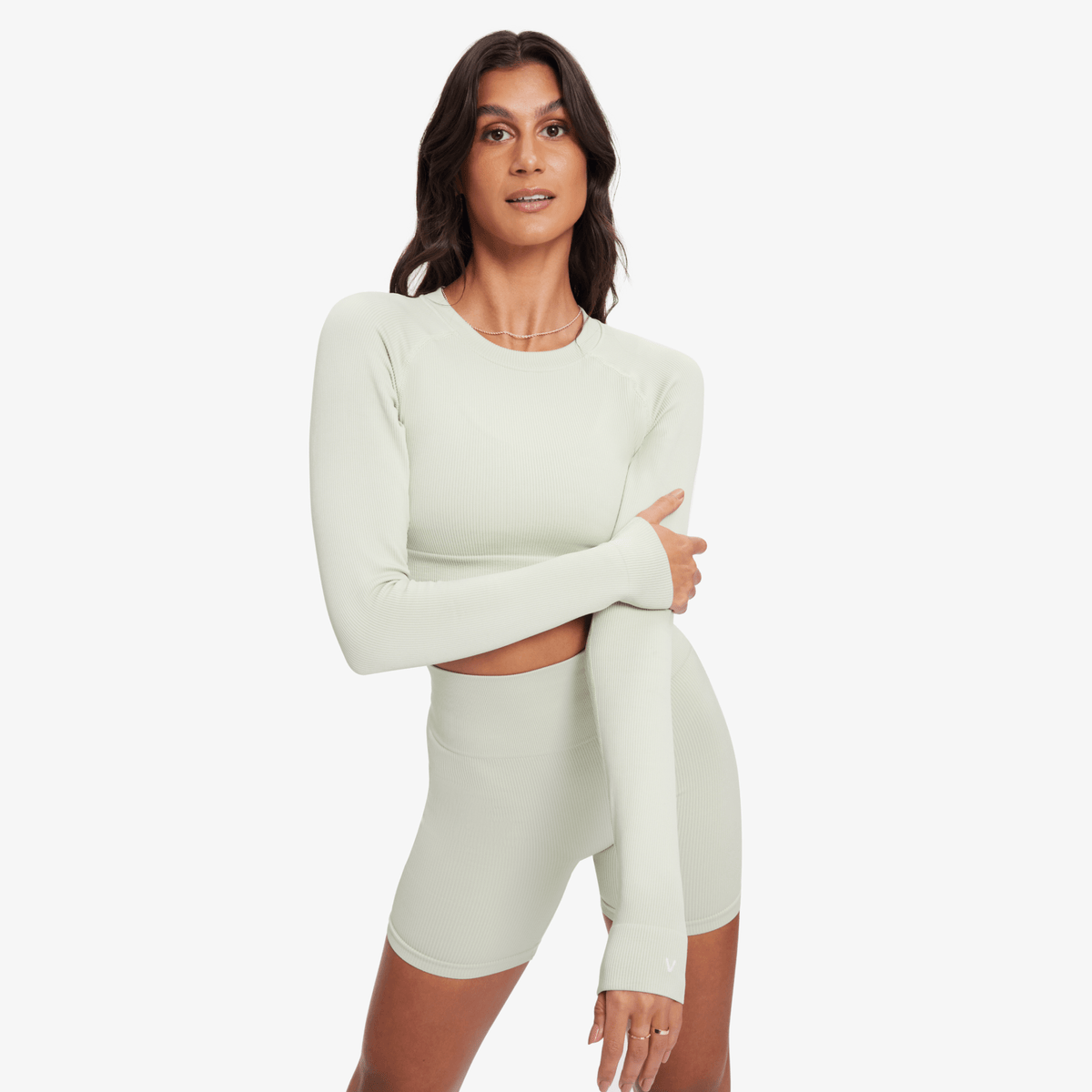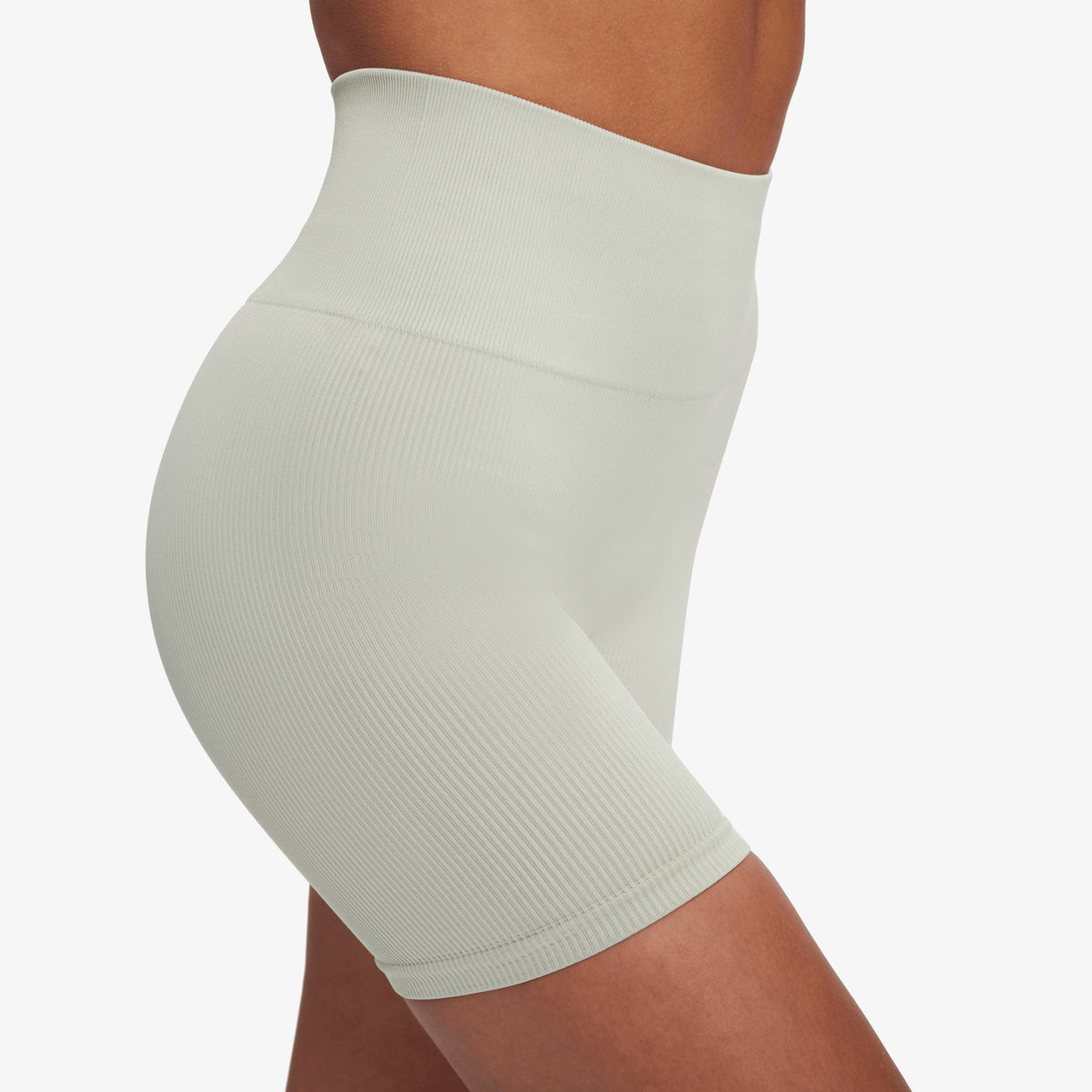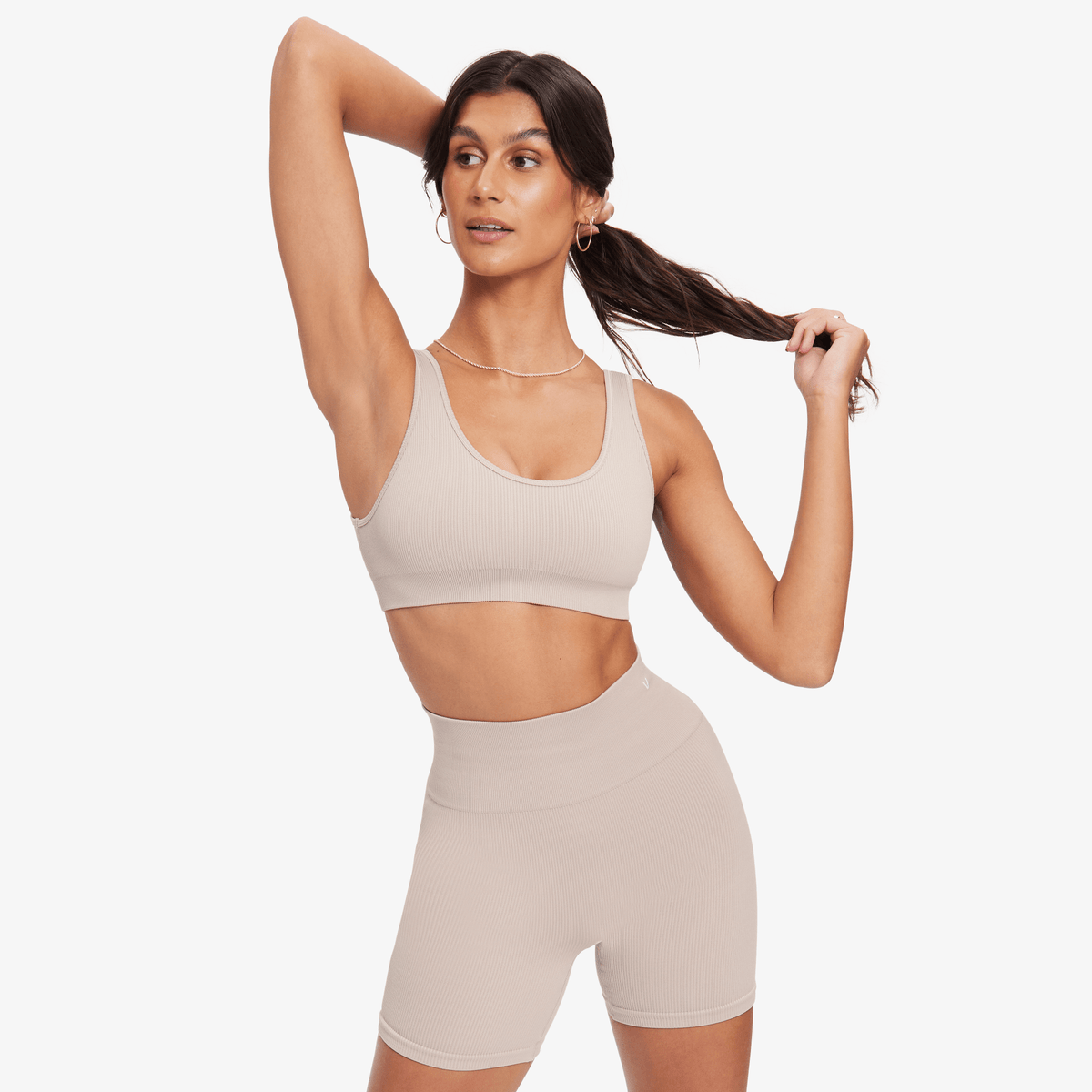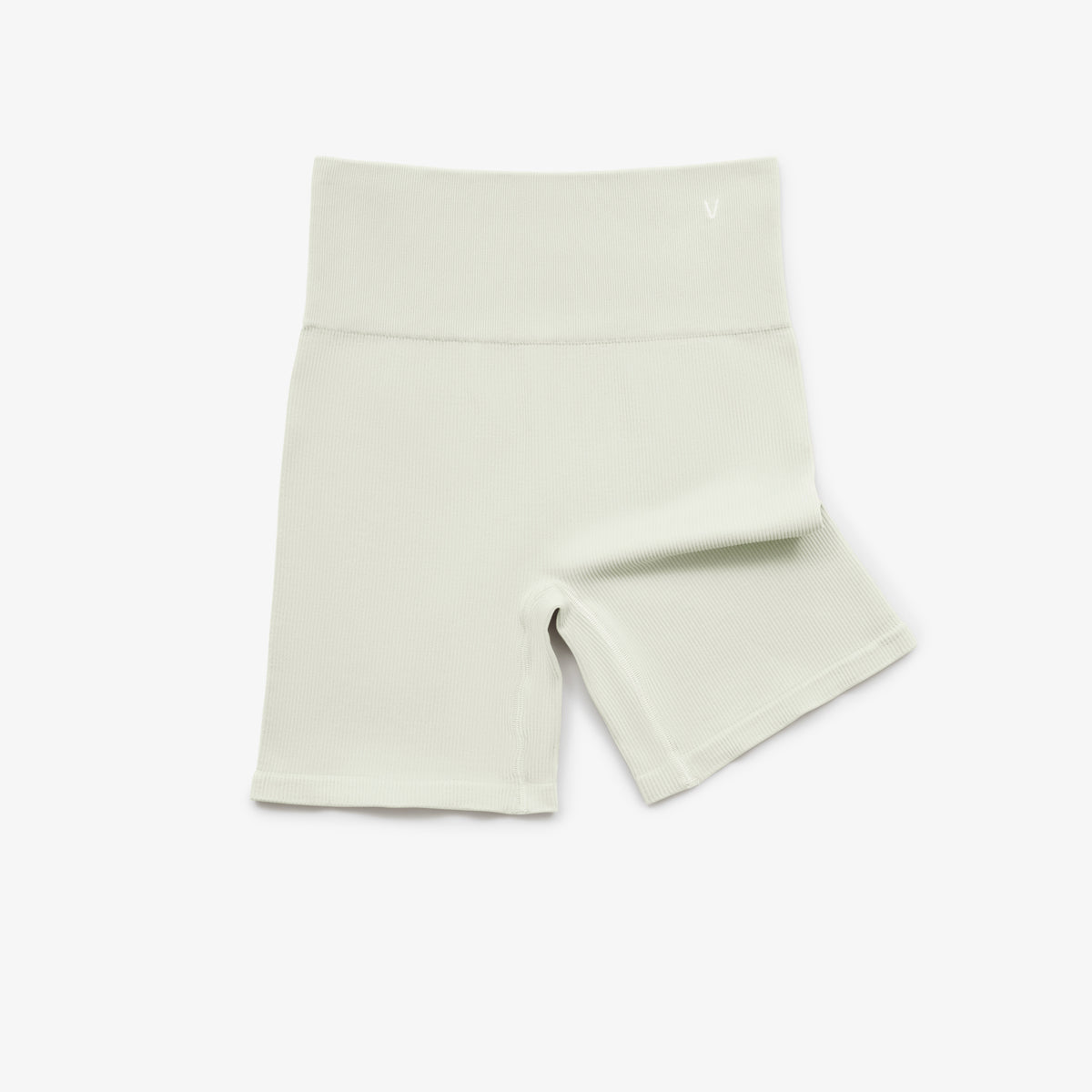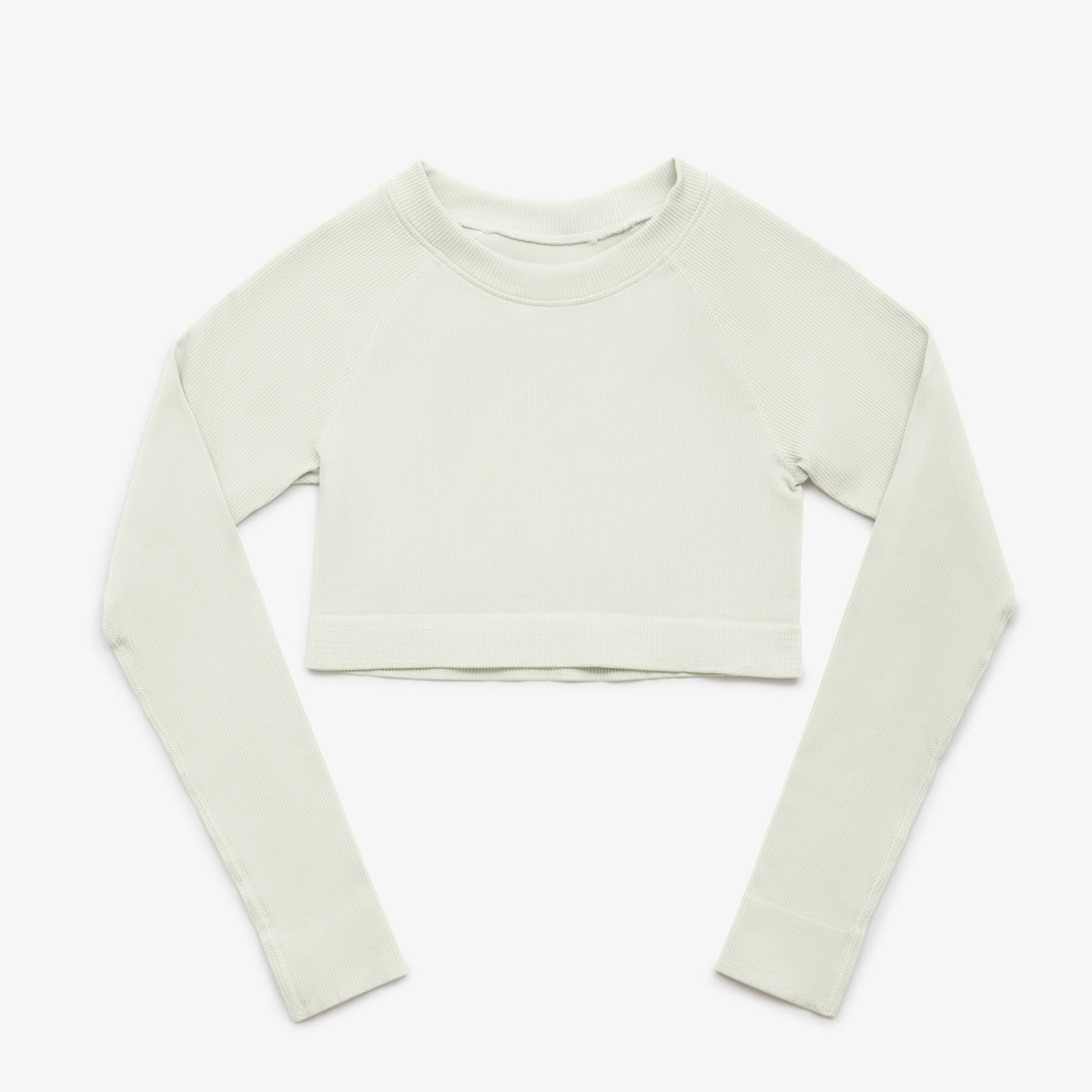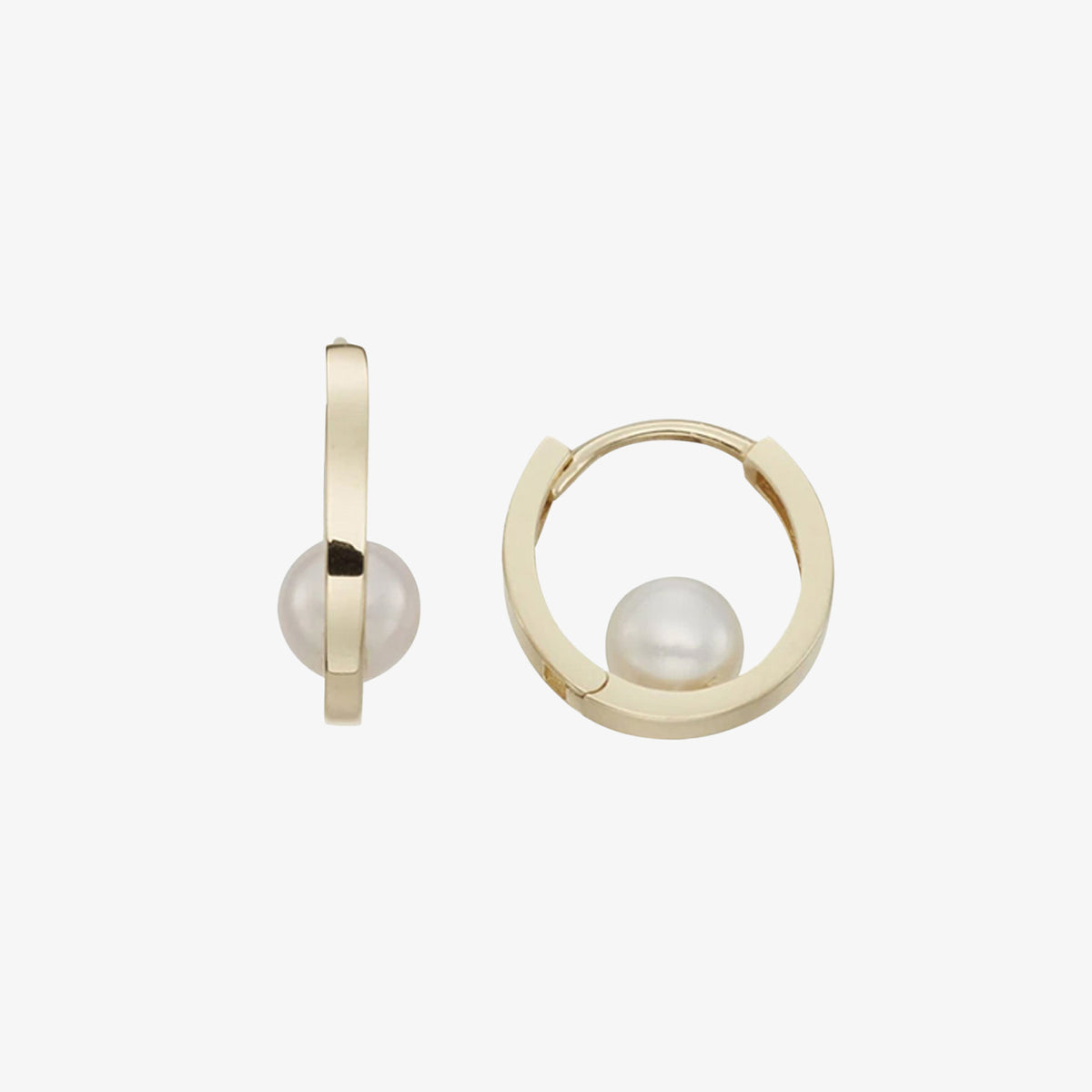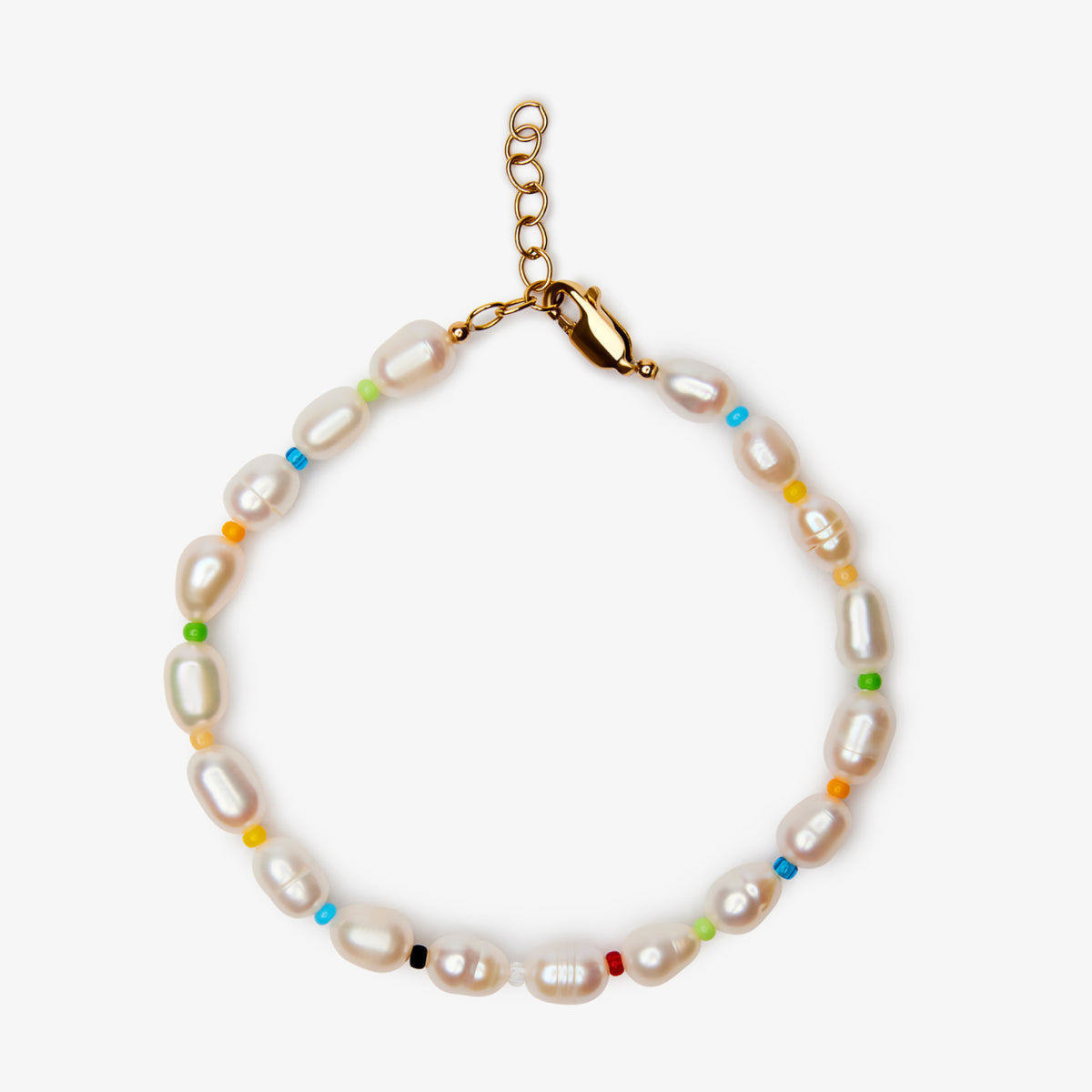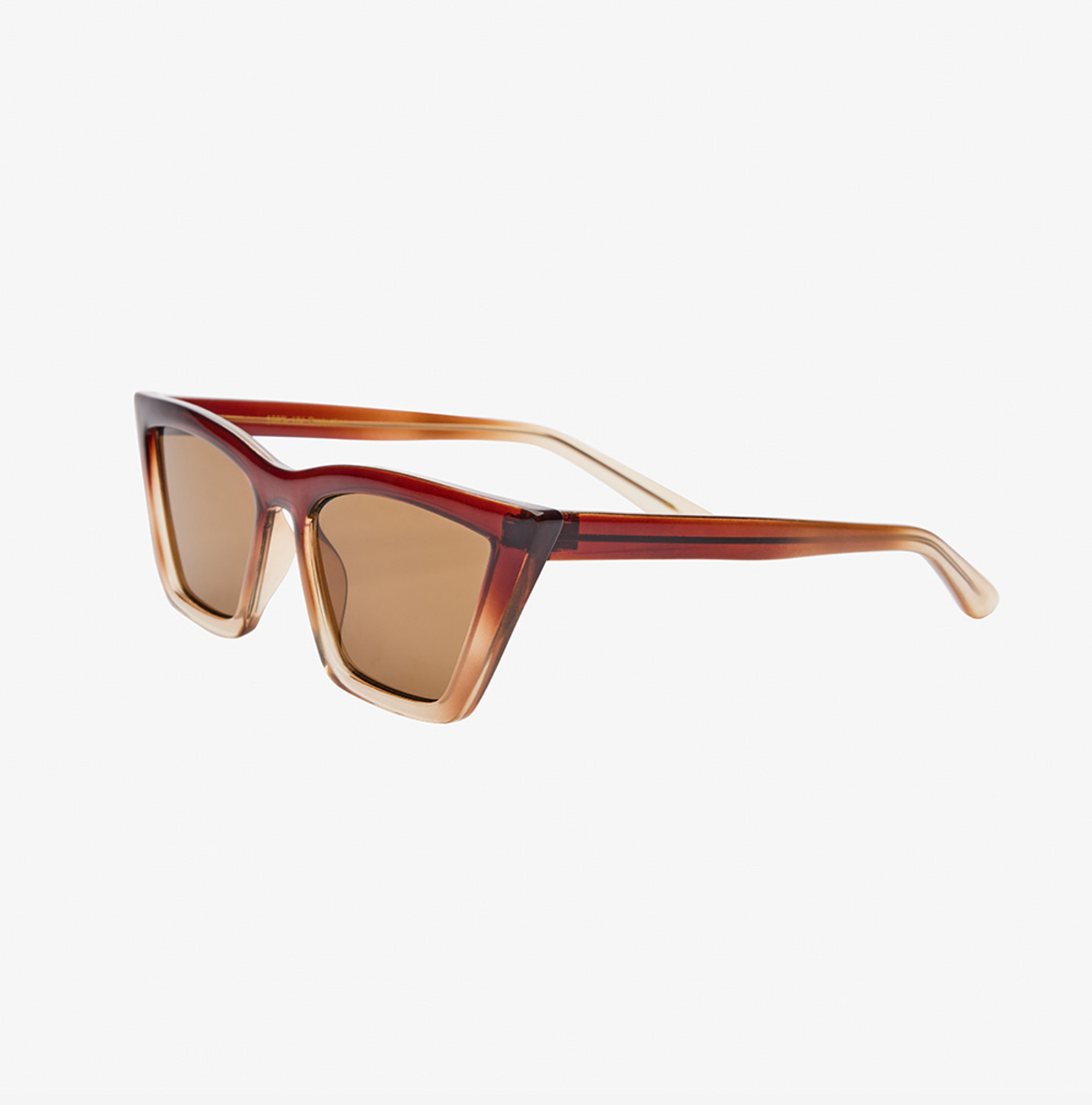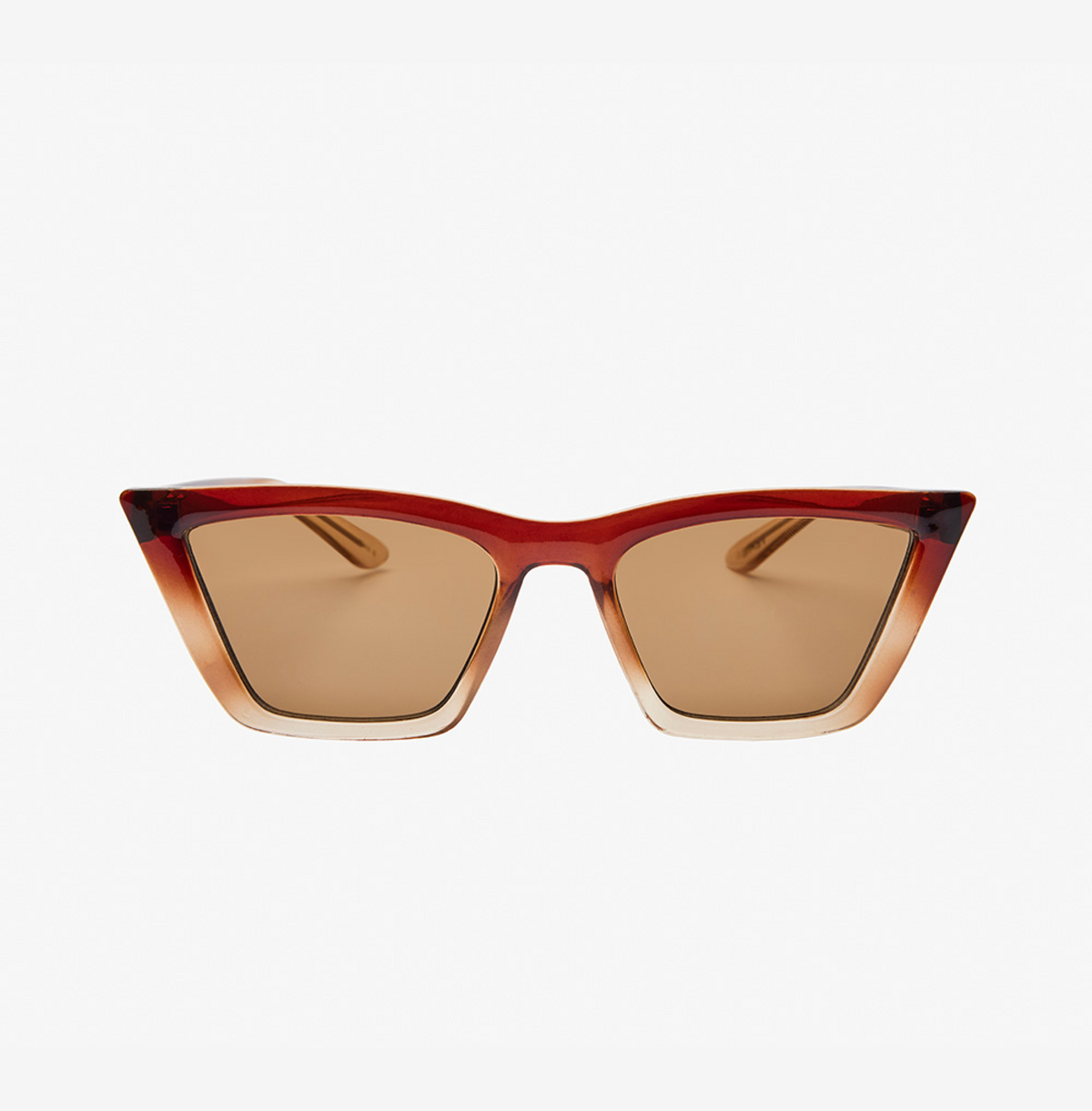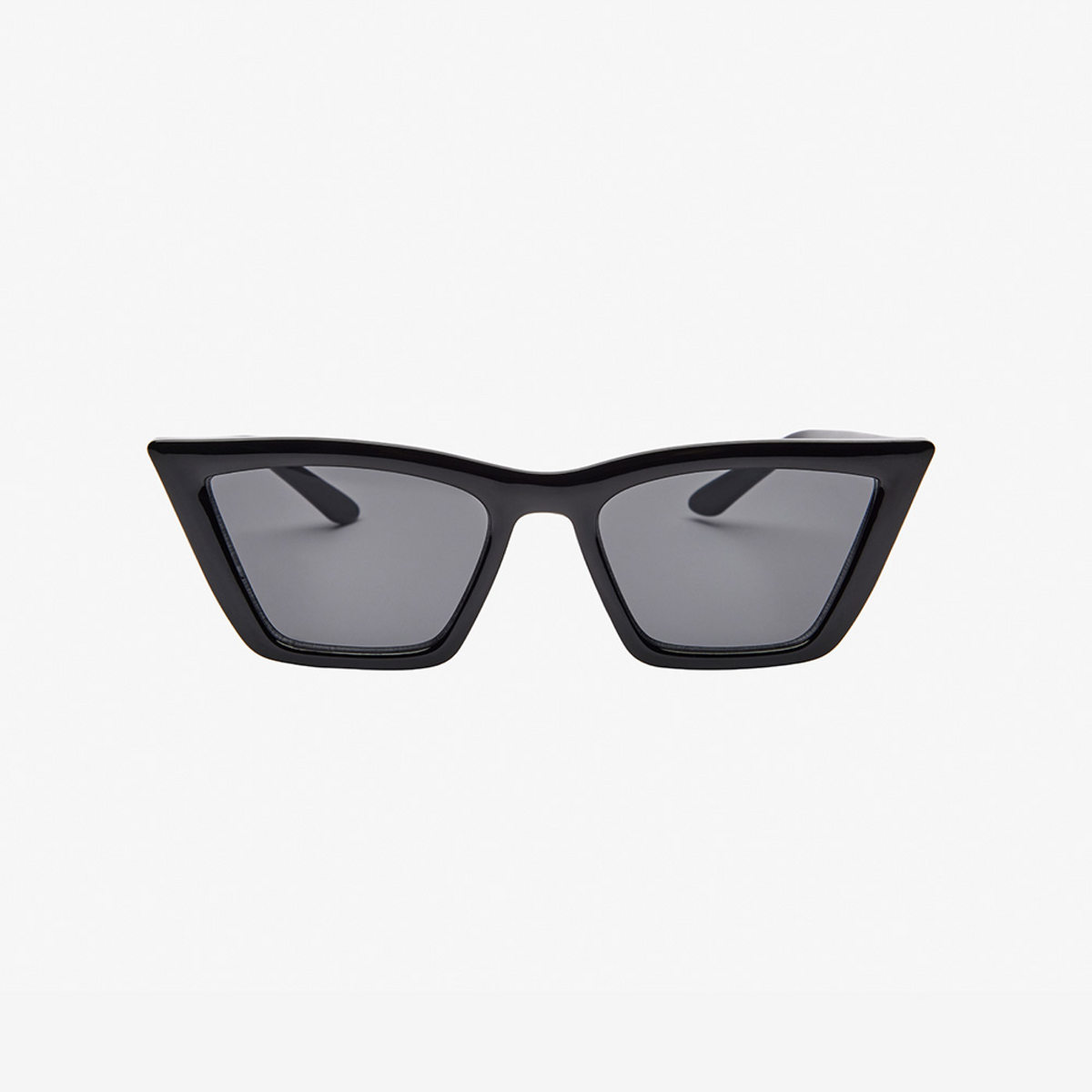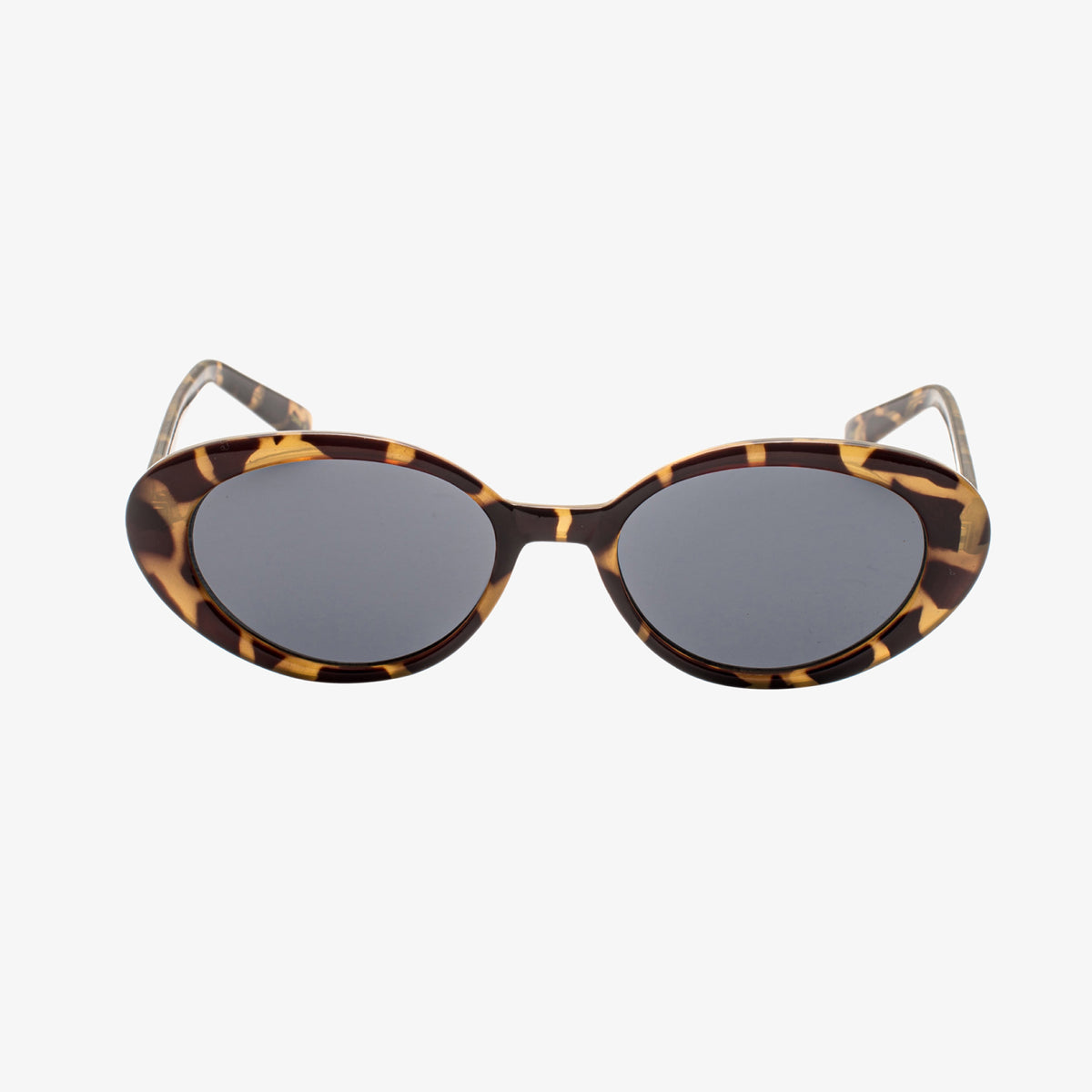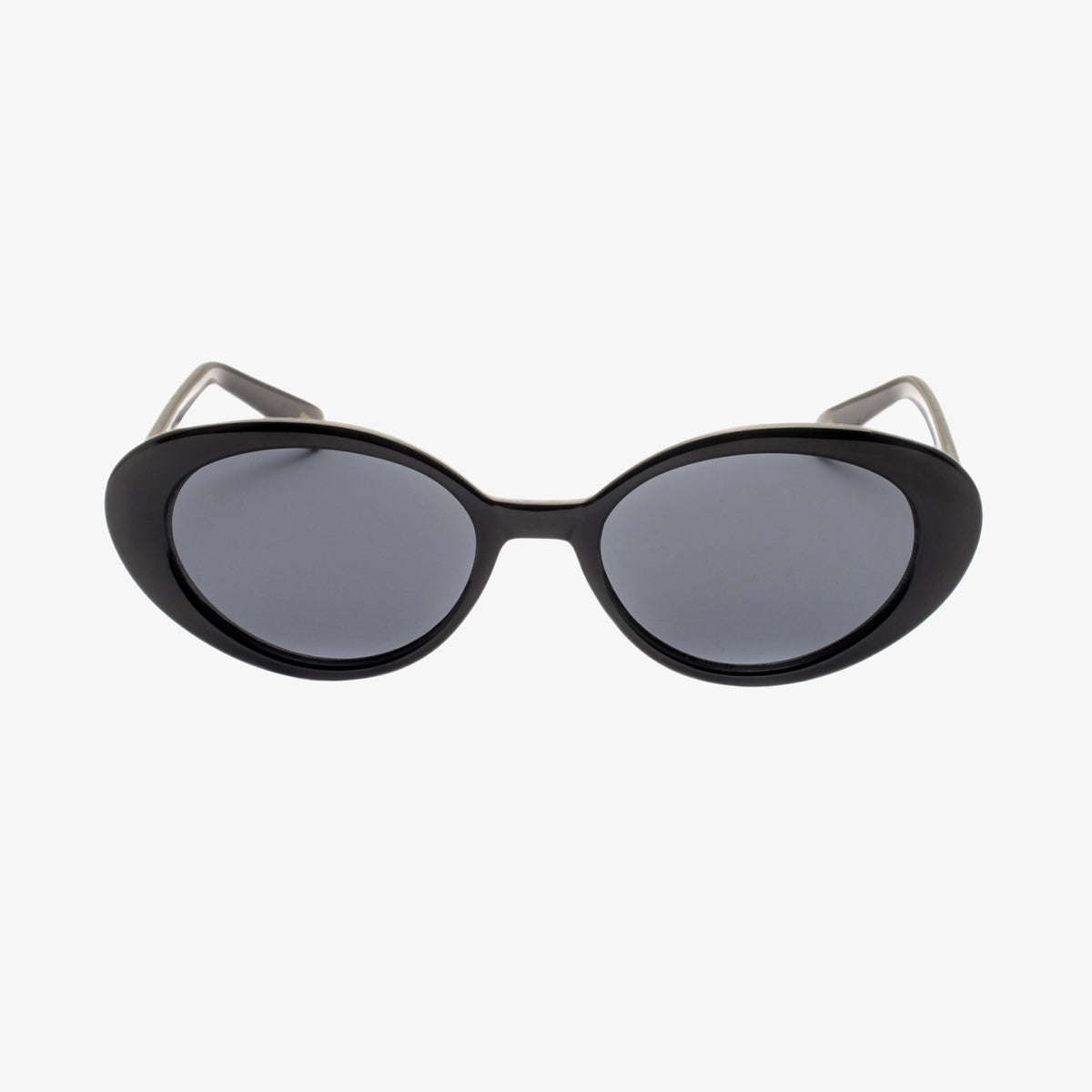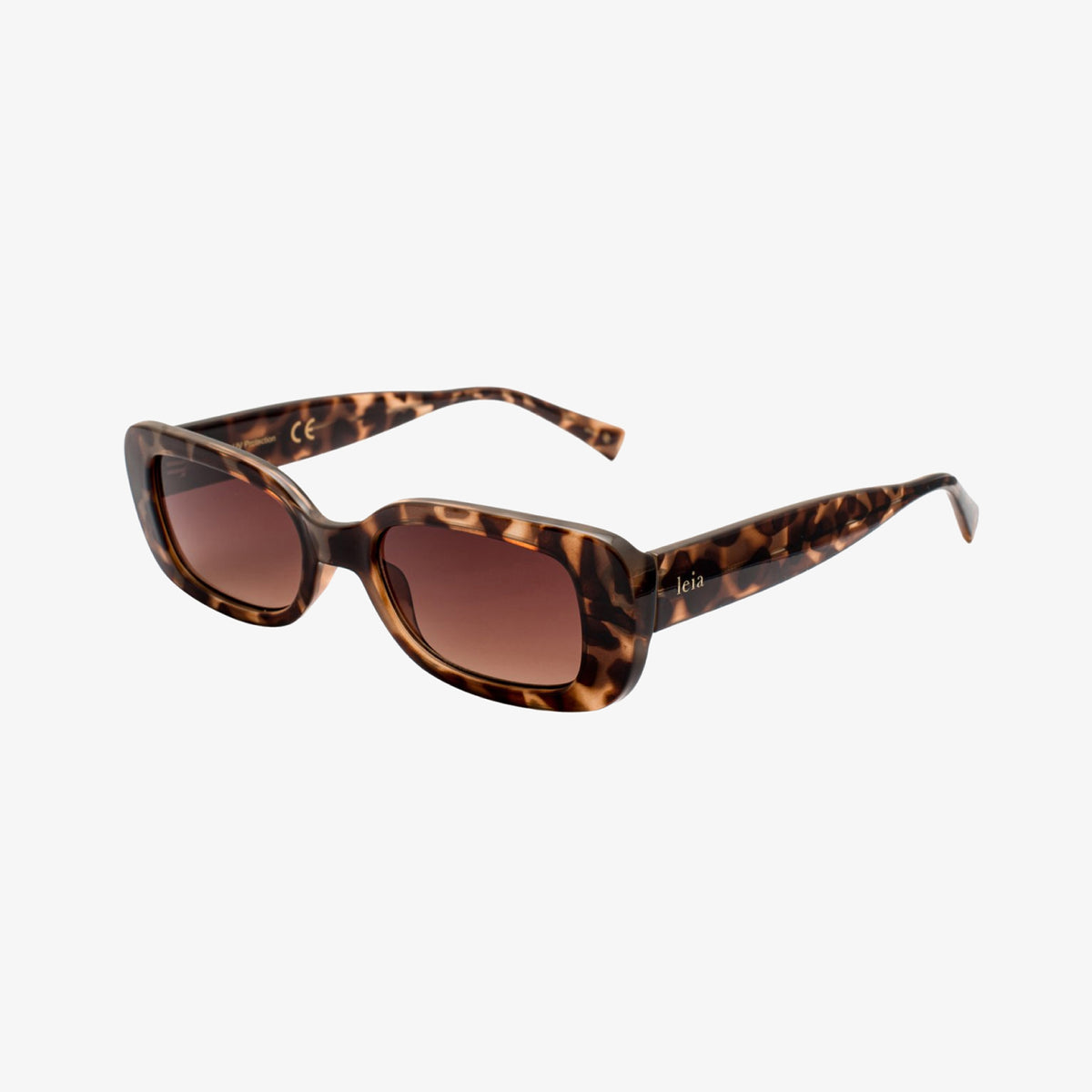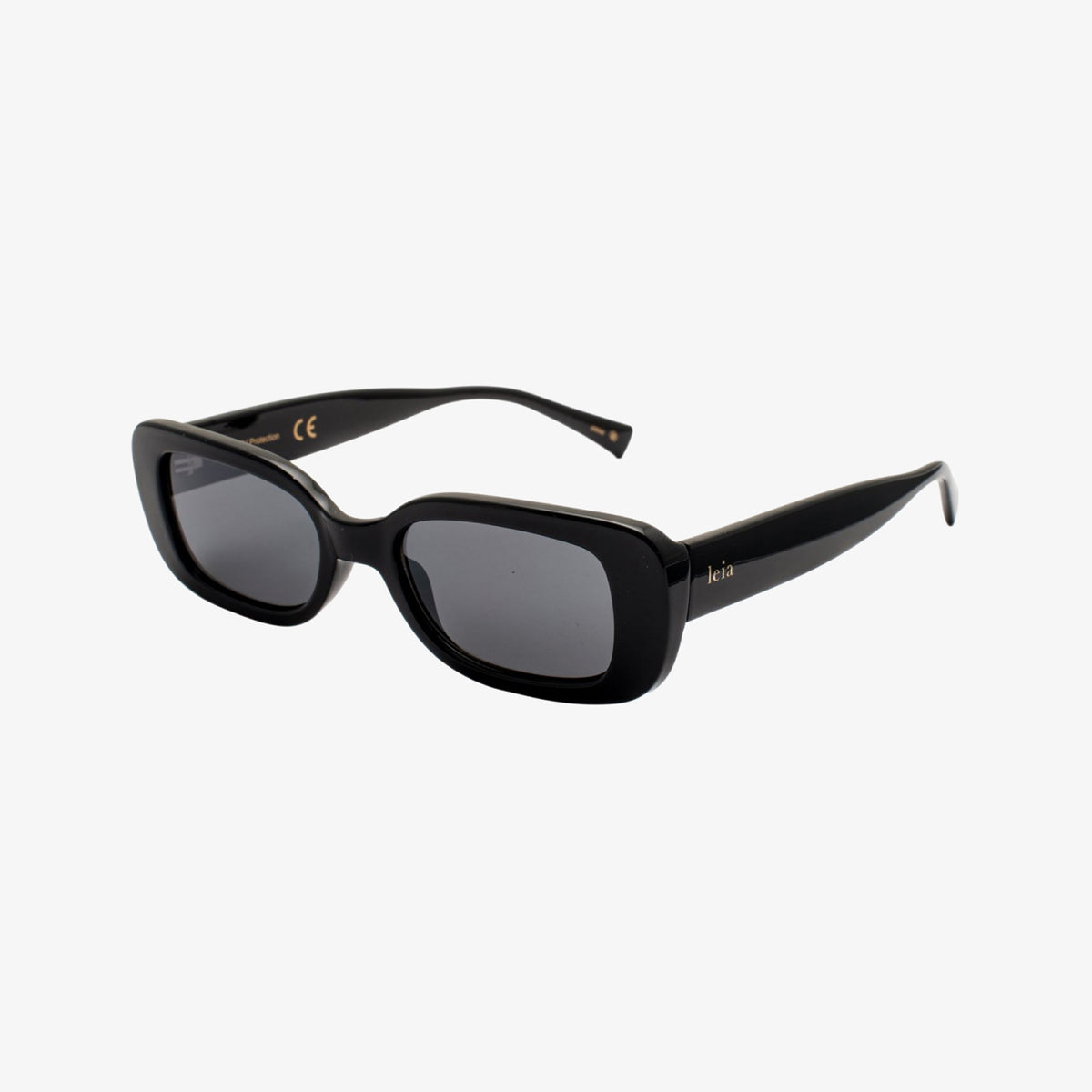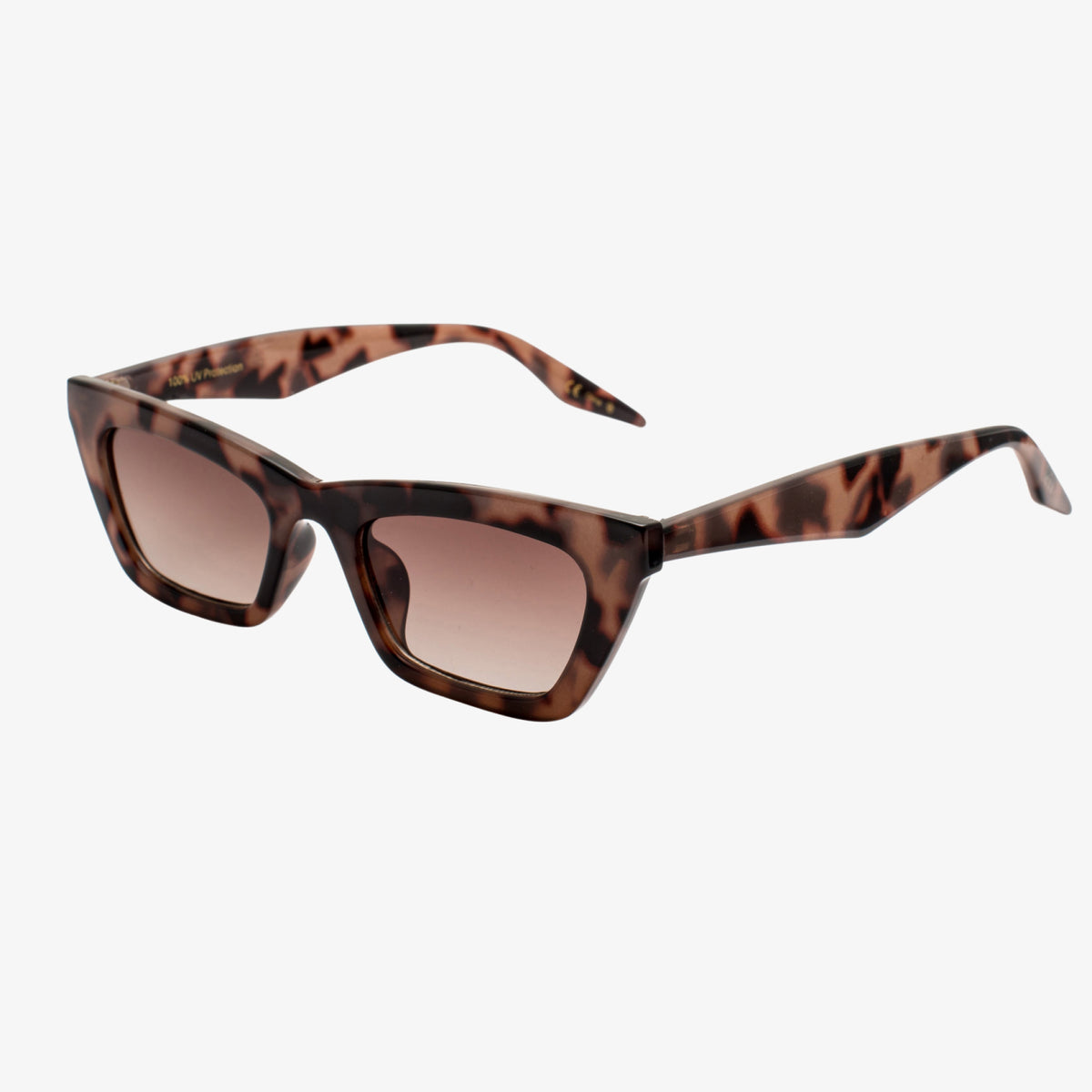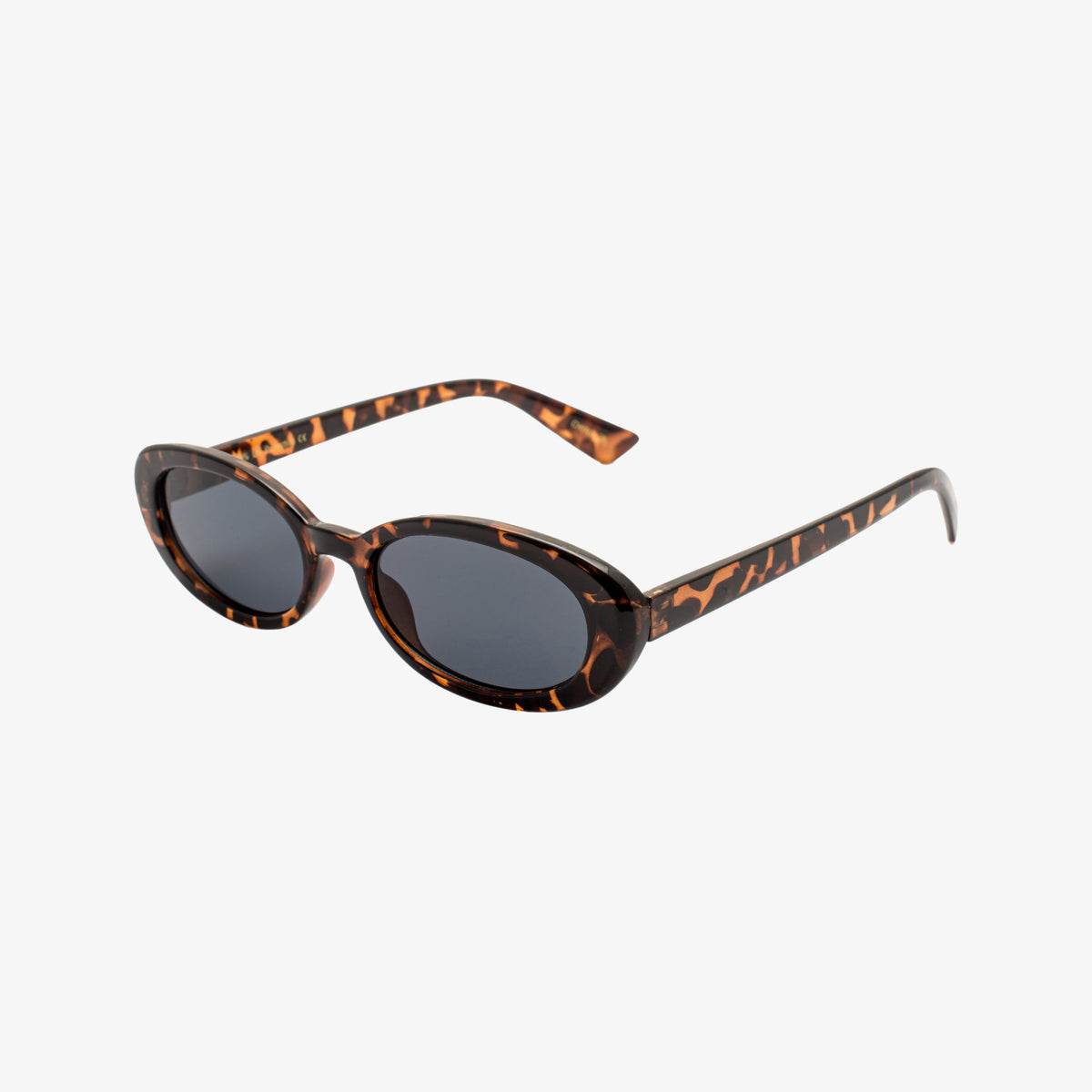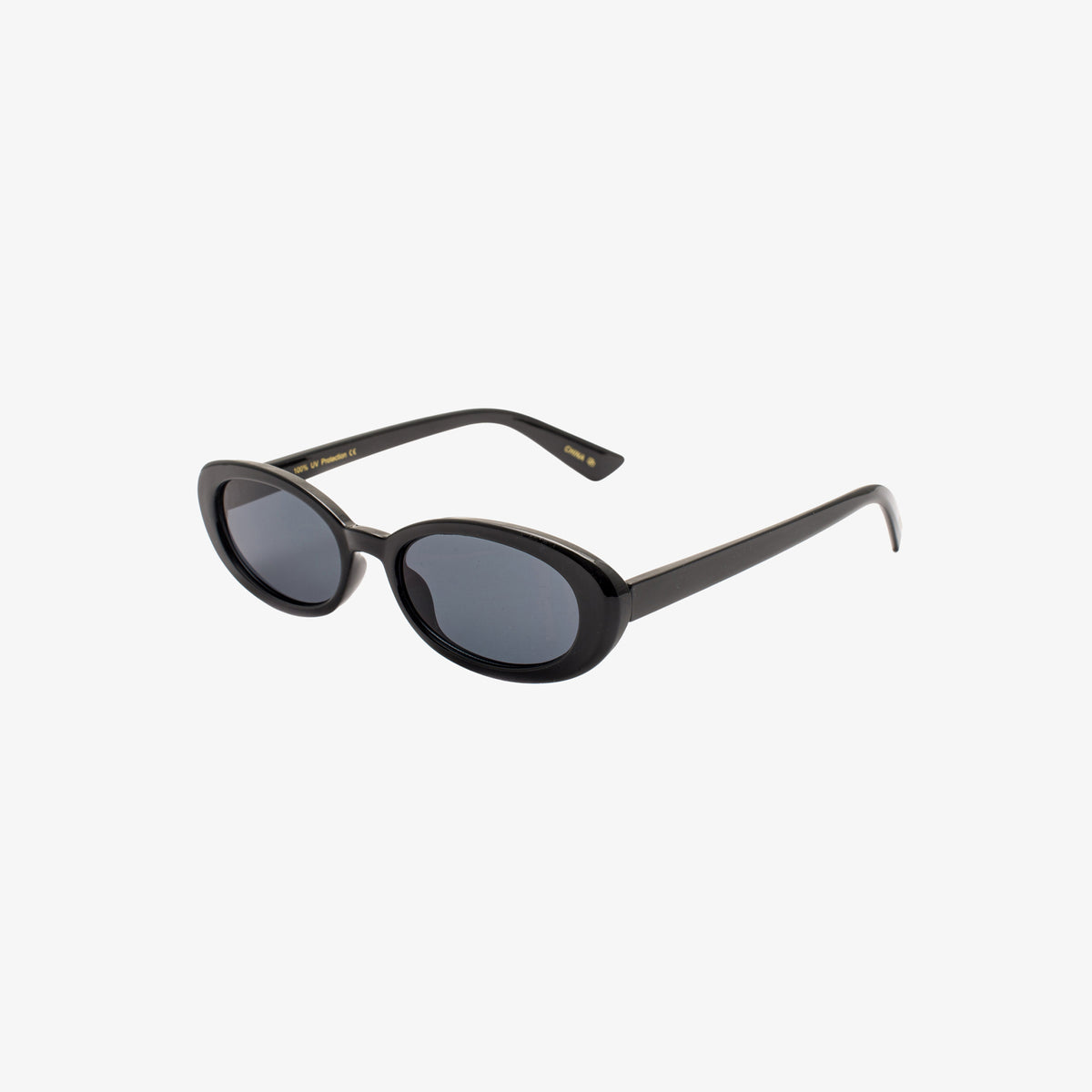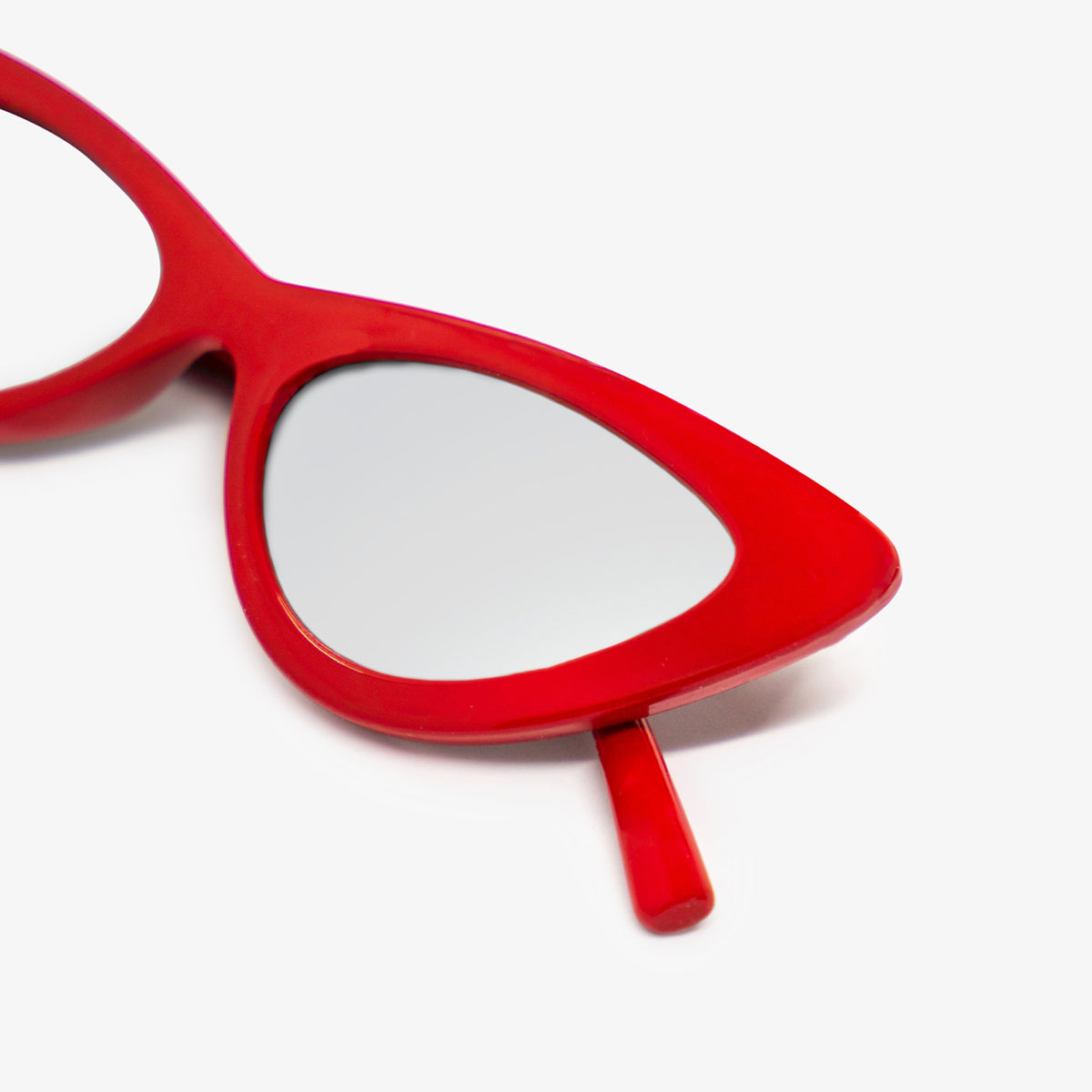Article sponsored by Vital Proteins
Embarking on a new fitness journey, whether you’re starting from scratch, or just need a change of scenery from your typical workout routine, can be an overwhelming process. There is a seemingly endless stream of “must have” dietary supplements and fitness aids that guarantee to be the thing to help you reach your ultimate goals. But how are we supposed to know which products are right for us, and which ones make claims that they just can’t live up to? We’ve taken a deep dive into the claims, misconceptions, and truths about collagen - one of the newer fitness aids on the market - to figure out if it actually can make a difference in your fitness journey.
Image: Everyday Health
Collagen is the most abundant protein in the human body that we produce naturally as a structural force for our entire body, but especially our bones, muscles, skin, and tendons. It is responsible for keeping our musculoskeletal system strong and capable of recovering after strenuous loading (muscle building), while also keeping skin tight and elastic. Although we do produce collagen naturally, there are many factors that contribute to its depletion in our body that may require a collagen supplement.
What is Collagen Reduction?
We all experience a reduction in collagen production as we age, but smoking, drinking alcohol, having a lack of sleep, and prolonged sun exposure all reduce our body’s ability to produce collagen and cause us to feel especially sore, broken down, and prone to injury from even moderate exercise. Taking a collagen supplement can help the body produce extra collagen to supply the body with much needed structure and recovery, but it does not retract the detrimental effects of the harmful activities listed above.
How Do You Increase Collagen?
Image: Healthline
The only way to get collagen from an external source is through animal by-products, most commonly bovine in the form of meat, bone broth, or gelatin, but it can also be made from poultry and fish. There are, however, a few foods that contain amino acids (building blocks which make up the protein collagen). If you follow a vegetarian diet, milk and eggs are great alternatives to meat, while vegan consumers can rest assured they are getting enough of the amino acids through consumption of legumes and soy products.
Market collagen can be found in various forms of the protein, either in complete collagen powders or collagen peptides. Peptides are broken down forms of proteins that can be readily absorbed by the body and distributed through the bloodstream to joints, ligaments, and skin. The various forms make collagen a versatile supplement to put in smoothies, in coffee as a creamer, as a thickener through the use of gelatin, or as a broth base in cooking, so it can be seamlessly incorporated into your current diet.
What Does Collagen Actually Do?
Most supplemental collagen research is in relation to joint health and shows that a regular dietary supplement can improve joint mobility and reduce inflammation, particularly for those with osteoarthritis, elite athletes, and anyone embarking on their own fitness journey.
Follow along on Valeria's fitness journey on her Instagram stories!
View this post on Instagram
Collagen and Your Skin
Many skin care products use collagen in topical creams and ointments with claims that the collagen will tighten the skin and restore its youthful elasticity, but there is no evidence that collagen can be absorbed through the skin. The structural fibres are long and much too bulky to permeate the skin’s surface, so dietary supplements or cosmetic injections are the only proven ways to provide your body (including your skin) with additional collagen.
Shop this product: Vital Proteins, Beauty Boost Capsules
Collagen is an integral cog in the health of our musculoskeletal system and the addition of a dietary supplement could improve our body’s ability to rebuild and recover, while maintaining the health of our joints and cartilage. This maintenance may afford us the ability to pursue our own fitness goals without the fear of injury or breakdown but is not a fix-all for an otherwise unhealthy lifestyle. Collagen, in combination with adequate sleep, limited alcohol consumption and sun exposure, and regular exercise may slow down the aging process of our muscles and joints.
Read Next: 7 Effortless Ways To Boost Your Energy
General Citations
"What is Collagen, and Why Do People Use It?", Medical News Today
"Collagen" Harvard School Of Public Health



















